DARE TO LOOK
BEYOND THE HORIZON
-
The year CRCHUM in numbers - 2017 was an important milestone in the history of the CHUM and the CRCHUM, one of the largest hospital-based research centres in North America. With the opening of the new CHUM, the link between research and patient care is now part of the daily reality of researchers, doctors and health professionals – an advantage for our patients and the entire population, who will benefit from the convergence of our activities.
- Scientific breakthroughs
- Our teams stand-out
- The succession to excellence
- Cutting-edge technologies
- A supporting management team
Percées scientifiques anglais
- Daring to look beyond the horizon
- An optical biopsy needle to diagnose cancer
- Discovery of a promising medication for amyotrophic lateral sclerosis
- Plugged in to fight brain cancer
- A foolproof portable probe for cancer surgery
- HIV/AIDS: the gut approach
- Cystic Fibrosis: discovery of a key molecule to improve treatments
- Deep neural networks identify tumours
- Cell seismology
- Mieux comprendre la SLA en observant le changement des cellules
The CHUM Research Centre is a place of excellence where knowledge, expertise and innovation coexist, bringing tangible benefits to patients. Its researchers and students favour a comprehensive approach, integrating the entire research continuum, including basic, clinical and population health research.
Many of the past year’s breakthroughs open doors to new avenues for improving diagnosis and treatment for diseases such as cancer, amyotrophic lateral sclerosis and cardiometabolic diseases.


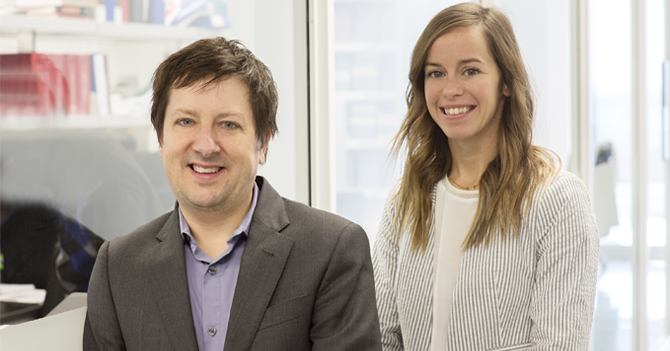 Performing a biopsy is sometimes like going fishing. It’s not always easy to find the centre of the tumour to remove a small amount of tissue and then analyze it under a microscope to check whether it contains cancer cells. A technological development created by engineers Frédéric Leblond and Joannie Desroches promises to revolutionize biopsies in the future and improve the diagnosis and treatment of cancer. Read more
Performing a biopsy is sometimes like going fishing. It’s not always easy to find the centre of the tumour to remove a small amount of tissue and then analyze it under a microscope to check whether it contains cancer cells. A technological development created by engineers Frédéric Leblond and Joannie Desroches promises to revolutionize biopsies in the future and improve the diagnosis and treatment of cancer. Read more 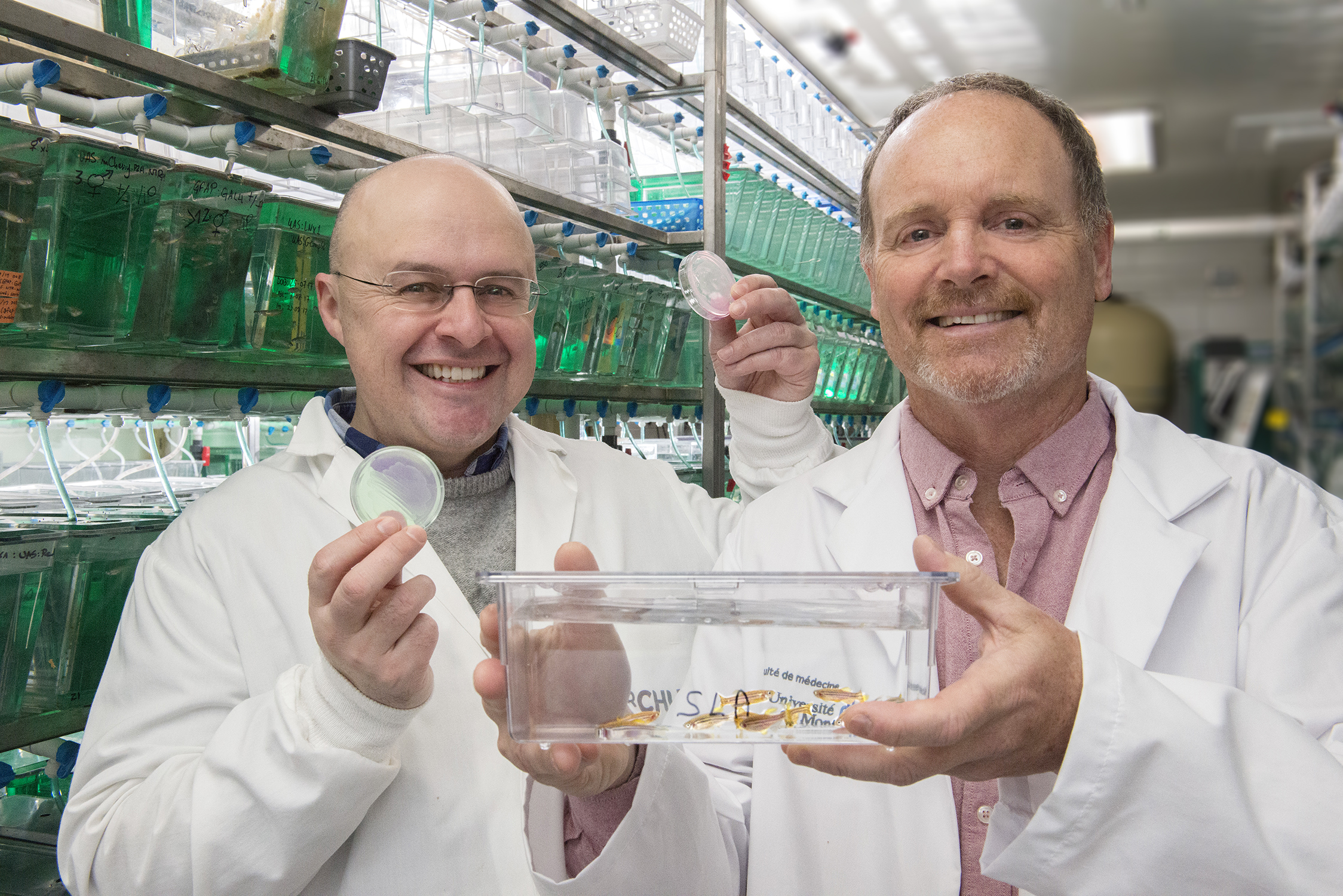 Experiments on worms, zebrafish and mice, as well as a limited clinical trial with human subjects, have concluded that pimozide is potentially effective for the treatment of amyotrophic lateral sclerosis.
Researchers from the University of Montreal Hospital Research Centre (CRCHUM) and the University of Calgary’s Cumming School of Medicine have discovered a drug that could be used to treat people with amyotrophic lateral sclerosis (ALS), also called Lou Gehrig’s disease. Read More
Experiments on worms, zebrafish and mice, as well as a limited clinical trial with human subjects, have concluded that pimozide is potentially effective for the treatment of amyotrophic lateral sclerosis.
Researchers from the University of Montreal Hospital Research Centre (CRCHUM) and the University of Calgary’s Cumming School of Medicine have discovered a drug that could be used to treat people with amyotrophic lateral sclerosis (ALS), also called Lou Gehrig’s disease. Read More 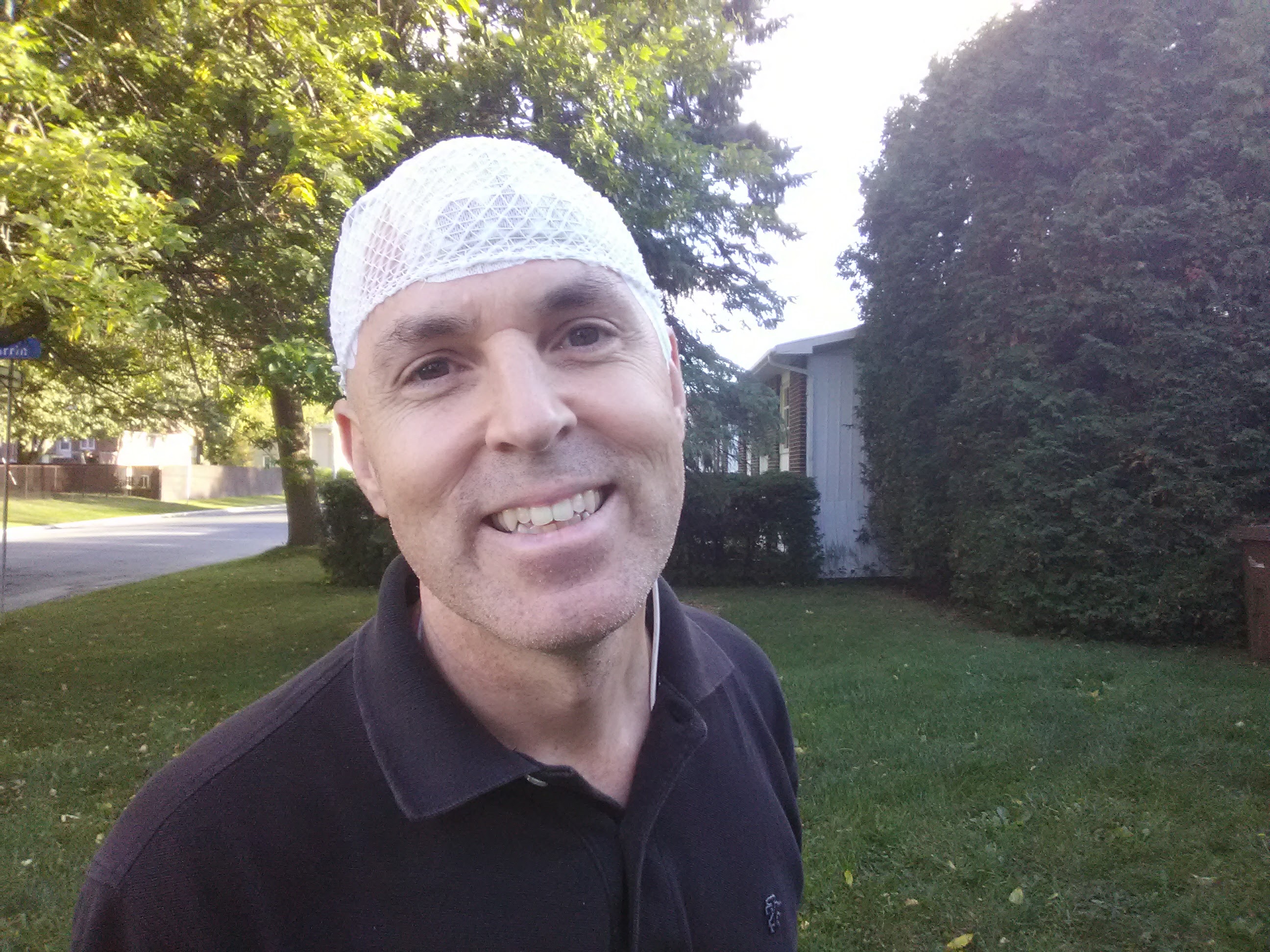 A skull cap that sends electric fields to the brain to treat cancer? This novel technology is being successfully experimented by a few patients followed at the University of Montreal Hospital Centre (CHUM). Radiation oncologist and CHUM researcher Dr. David Roberge is carrying out a clinical study that aims to evaluate the effect that this device has in extending the life of patients with neurological cancers.
“The first results, published in the JAMA in 2015, showed that the treatment is beneficial for patients with glioblastoma, the most common primary brain tumour. In addition to standard chemotherapy and radiation therapy treatments, patients have to wear the device at least 80% of the time. It has been clinically proven that patients live about 5 months longer with this additional treatment. After two years, 43% of patients with tumour-treating fields (TTF) were still alive, compared to 29% with the standard treatment,” asserted Roberge, who is also a professor at the Université de Montréal.
Read More
A skull cap that sends electric fields to the brain to treat cancer? This novel technology is being successfully experimented by a few patients followed at the University of Montreal Hospital Centre (CHUM). Radiation oncologist and CHUM researcher Dr. David Roberge is carrying out a clinical study that aims to evaluate the effect that this device has in extending the life of patients with neurological cancers.
“The first results, published in the JAMA in 2015, showed that the treatment is beneficial for patients with glioblastoma, the most common primary brain tumour. In addition to standard chemotherapy and radiation therapy treatments, patients have to wear the device at least 80% of the time. It has been clinically proven that patients live about 5 months longer with this additional treatment. After two years, 43% of patients with tumour-treating fields (TTF) were still alive, compared to 29% with the standard treatment,” asserted Roberge, who is also a professor at the Université de Montréal.
Read More 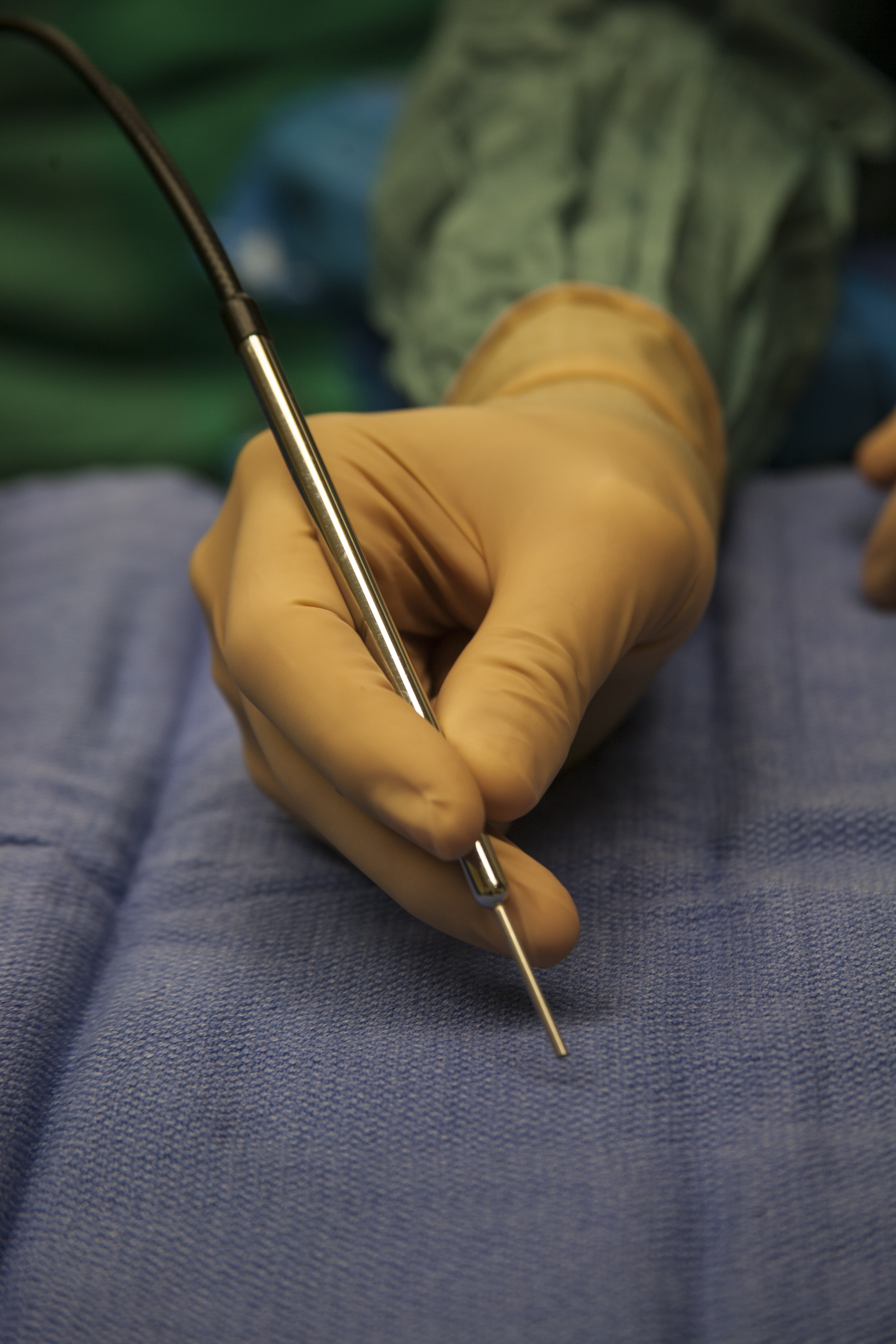 Canadian researchers have invented a preoperative probe that will unfailingly detect tumour cells for several types of cancer. Patients with common forms of cancer can hope to live longer and reduce the risk of cancer recurrence thanks to a multimodal optical spectroscopy probe developed by Canadian researchers.
In 2015, scientists from Polytechnique Montréal, the University of Montreal Hospital Research Centre (CRCHUM) and the McGill University Health Centre (MUHC) developed a portable Raman spectroscopy probe that allows surgeons to accurately detect almost all cancer cells in real time during brain operations.
Read More
Canadian researchers have invented a preoperative probe that will unfailingly detect tumour cells for several types of cancer. Patients with common forms of cancer can hope to live longer and reduce the risk of cancer recurrence thanks to a multimodal optical spectroscopy probe developed by Canadian researchers.
In 2015, scientists from Polytechnique Montréal, the University of Montreal Hospital Research Centre (CRCHUM) and the McGill University Health Centre (MUHC) developed a portable Raman spectroscopy probe that allows surgeons to accurately detect almost all cancer cells in real time during brain operations.
Read More 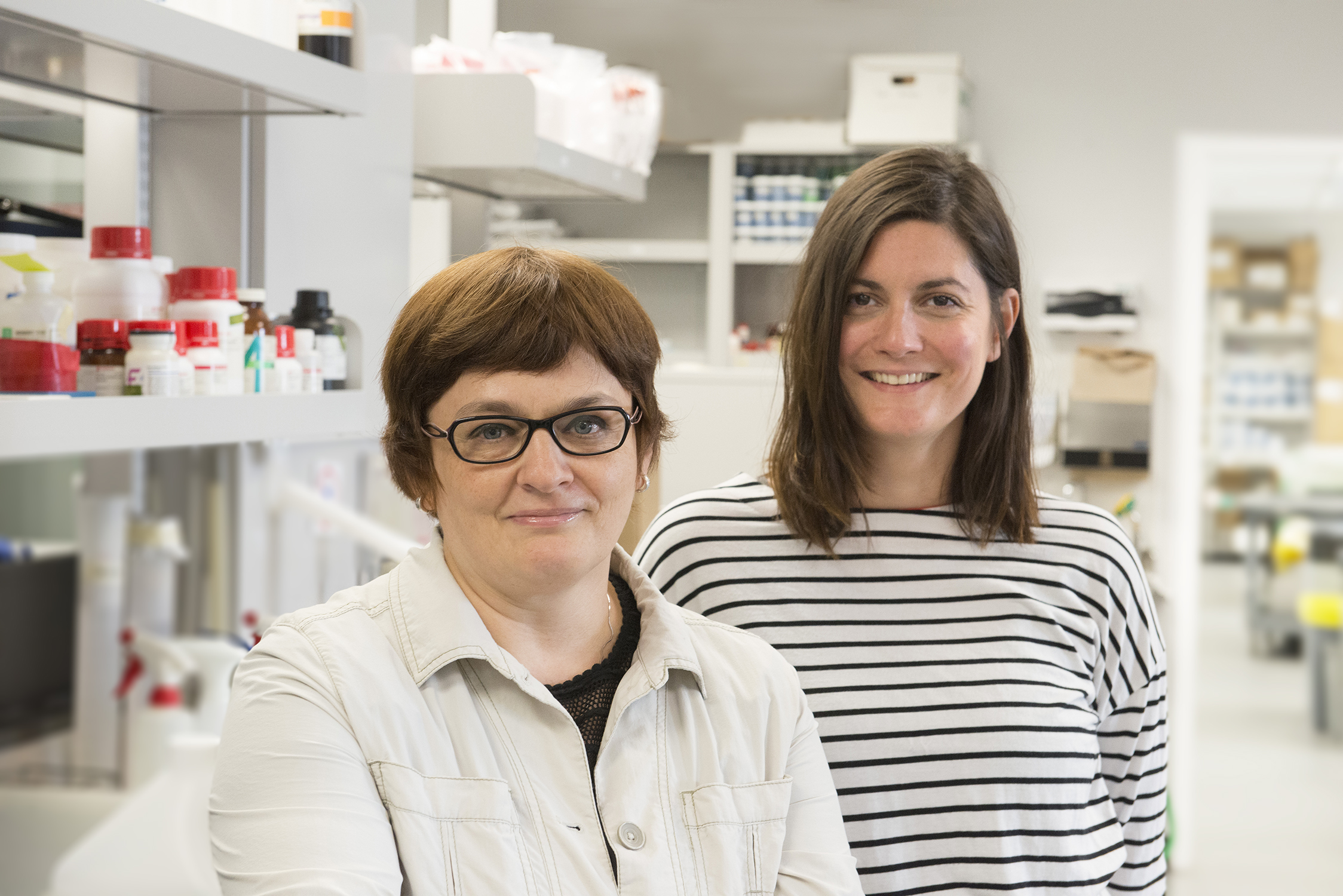 Researchers at the University of Montreal Hospital Research Centre (CRCHUM) are discovering a way to slow virus replication in the gastrointestinal tract of people with HIV/AIDS.
This breakthrough, published in JCI Insight in August 2017 could lead to the development of a new therapeutic strategy to be used in addition to antiretroviral drugs (ARVs) to help control viral replication in HIV-infected people and prevent complications related to the chronic nature of the infection.
“We have identified a molecule that stimulates HIV replication in CD4 T cells located in the gut. We have also started testing drugs to block this replication and reduce inflammation in the intestinal mucosa. This is a promising approach to eradicating HIV, or at least achieving a functional cure,” stated CRCHUM researcher and Université de Montréal professor Petronela Ancuta. Read More
Researchers at the University of Montreal Hospital Research Centre (CRCHUM) are discovering a way to slow virus replication in the gastrointestinal tract of people with HIV/AIDS.
This breakthrough, published in JCI Insight in August 2017 could lead to the development of a new therapeutic strategy to be used in addition to antiretroviral drugs (ARVs) to help control viral replication in HIV-infected people and prevent complications related to the chronic nature of the infection.
“We have identified a molecule that stimulates HIV replication in CD4 T cells located in the gut. We have also started testing drugs to block this replication and reduce inflammation in the intestinal mucosa. This is a promising approach to eradicating HIV, or at least achieving a functional cure,” stated CRCHUM researcher and Université de Montréal professor Petronela Ancuta. Read More 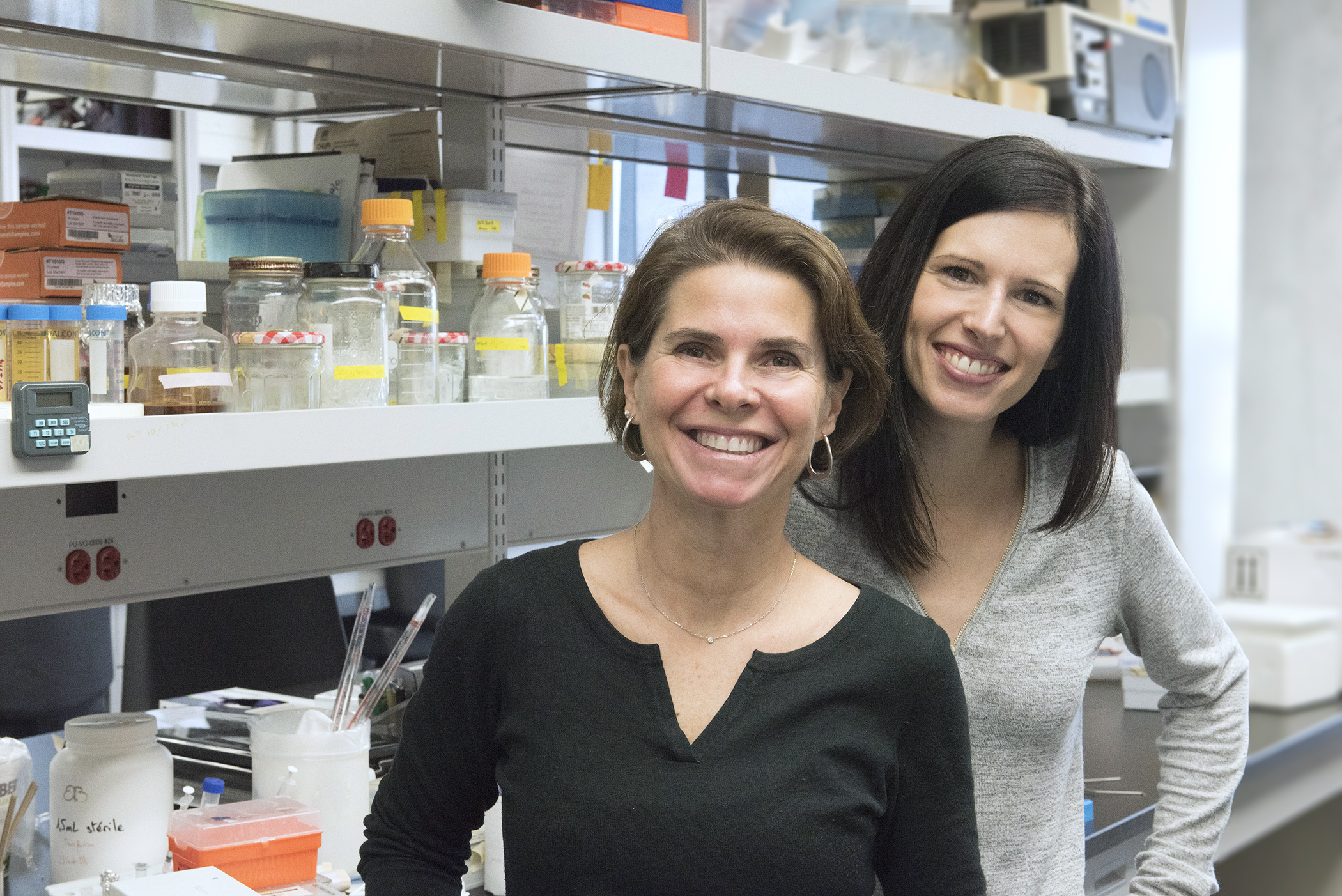 Researchers from the University of Montreal Hospital Research Centre (CRCHUM) have identified a promising approach to improving treatments offered to people with cystic fibrosis. This breakthrough, published recently in Frontiers in Cellular and Infection Microbiology, could lead to the development of new personalized therapies in the near future. Read More
Researchers from the University of Montreal Hospital Research Centre (CRCHUM) have identified a promising approach to improving treatments offered to people with cystic fibrosis. This breakthrough, published recently in Frontiers in Cellular and Infection Microbiology, could lead to the development of new personalized therapies in the near future. Read More 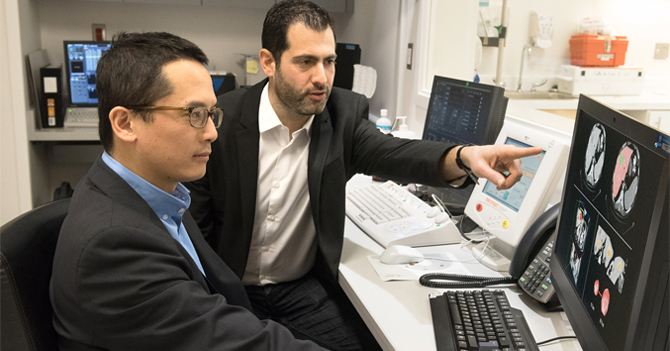 A team of researchers in the field of artificial intelligence have developed a new deep learning method to identify and segment tumours in medical images. The software makes it possible to automatically analyze several medical imaging modalities. Through a process of self-learning inspired from the way the neurons of the brain work, it can automatically identify liver tumours, outline the prostate for radiation therapy and count the number of cells at the microscopic level with a performance similar to that of an expert human eye. Read More
A team of researchers in the field of artificial intelligence have developed a new deep learning method to identify and segment tumours in medical images. The software makes it possible to automatically analyze several medical imaging modalities. Through a process of self-learning inspired from the way the neurons of the brain work, it can automatically identify liver tumours, outline the prostate for radiation therapy and count the number of cells at the microscopic level with a performance similar to that of an expert human eye. Read More 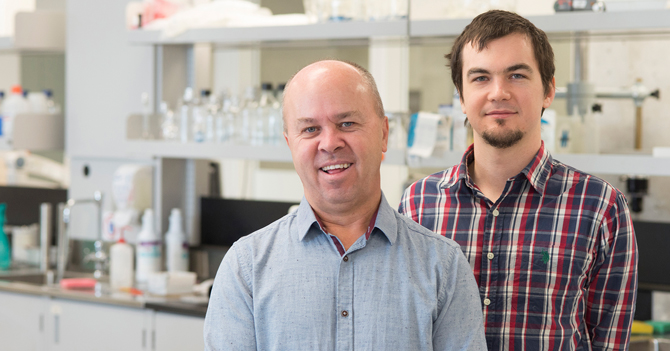 Cells quake. In almost the same way that seismologists use the vibrations of the Earth to characterize its deep structure, scientists have discovered a way of using the vibrations inside cells to determine their mechanical properties, giving rise to the field of cell seismology. Read More
Cells quake. In almost the same way that seismologists use the vibrations of the Earth to characterize its deep structure, scientists have discovered a way of using the vibrations inside cells to determine their mechanical properties, giving rise to the field of cell seismology. Read More 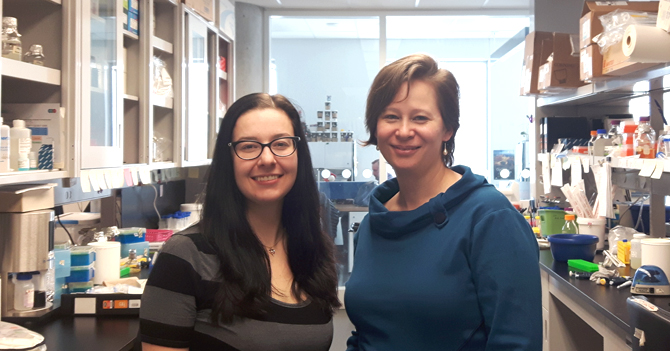 A team of neuroscientists has made a discovery that points to the value of basic research for the long term and provides valuable avenues for future drug targeting. It would take eight long years of research for an international team headed by neuroscientists from the Université de Montréal to discover a physiological molecular mechanism that allows for a better understanding of the way amyotrophic lateral sclerosis (ALS), also called Lou Gehrig’s disease, works. Read More
A team of neuroscientists has made a discovery that points to the value of basic research for the long term and provides valuable avenues for future drug targeting. It would take eight long years of research for an international team headed by neuroscientists from the Université de Montréal to discover a physiological molecular mechanism that allows for a better understanding of the way amyotrophic lateral sclerosis (ALS), also called Lou Gehrig’s disease, works. Read More Nos équipes se démarquent anglais
- The audacity to surpass oneself
- Anne-Marie Mes-Masson elected as a Fellow of the Royal Society of Canada
- Anne-Marie Mes-Masson and Pierrette Gaudreau in the Canadian Academy of Health Sciences
- Marie-Josée Hébert and Mélanie Dieudé chosen La Presse’s “Scientific Personalities of the Year”.
- Québec Science’s 2017 Discovery of the Year People’s Choice Award
- Recipients of the CRCHUM’s 2017 Awards of Excellence
- Anne-Marie Mes-Masson receives the Michel-Sarrazin Award
- Jean-Louis Chiasson honoured for his research career
- Bâtisseur award given to Pavel Hamet
- $13.3M in grants from the Canadian Institutes of Health Research for CRCHUM researchers over the past year
- Seven researchers receive a salary award from the Fonds de recherche du Québec ‒ Santé
- $7.5M grant for research into opioids
- $530,000 grant for Catherine Larochelle and Nathalie Arbour
- Breast cancer grant for Saima Hassan
- Jean-Louis Denis becomes a new Canada Research Chair
- Simon Turcotte appointed Roger-Des-Groseillers Chair in Hepatobiliary and Pancreatic Surgical Oncology
- Janusz Kaczorowski appointed Chair in Hypertension Prevention and Control
- Renewal of Jacques de Guise’s Chair
- Shalini Lal becomes the Research Chair in Innovation and Technologies for Youth Mental Health Services.
The CRCHUM is continuing its mission of achieving excellence and is proud to be able to count on strong, innovative teams that contribute to its international reputation.
In this regard, our researchers have been in the spotlight this past year, receiving several awards of excellence for their exceptional performance recognized by the highest authorities.
CHUM researchers have also shown themselves to be exceptional through their competitiveness in major research programs. The many grants awarded to them over the past year are proof of the quality of our project applications, including those of the grant recipients. In addition, several of our researchers have the distinction of holding research chairs..


 The scientific director of the Montreal Cancer Institute and a regular researcher at the CHUM Research Centre, Anne-Marie Mes-Masson is one of the new fellows of the Royal Society of Canada. A pioneer in the field of using human biological material to study ovarian cancer, Mes-Masson has contributed to developing biobank standards, including the ethical aspects. Read more
The scientific director of the Montreal Cancer Institute and a regular researcher at the CHUM Research Centre, Anne-Marie Mes-Masson is one of the new fellows of the Royal Society of Canada. A pioneer in the field of using human biological material to study ovarian cancer, Mes-Masson has contributed to developing biobank standards, including the ethical aspects. Read more 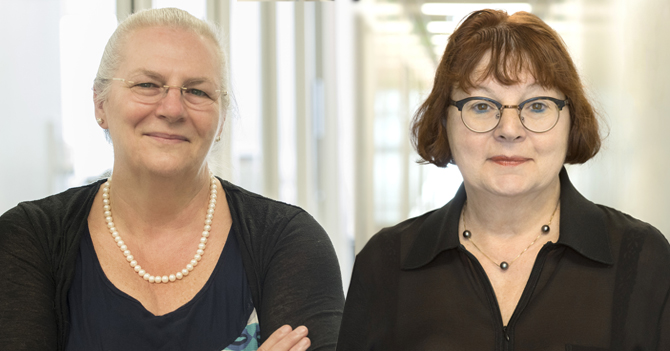 Researchers Anne-Marie Mes-Masson and Pierrette Gaudreau were inducted into the Canadian Academy of Health Sciences (CAHS) during an induction ceremony for the 52 new members held on September 14, 2017, in Ottawa. Read more
Researchers Anne-Marie Mes-Masson and Pierrette Gaudreau were inducted into the Canadian Academy of Health Sciences (CAHS) during an induction ceremony for the 52 new members held on September 14, 2017, in Ottawa. Read more 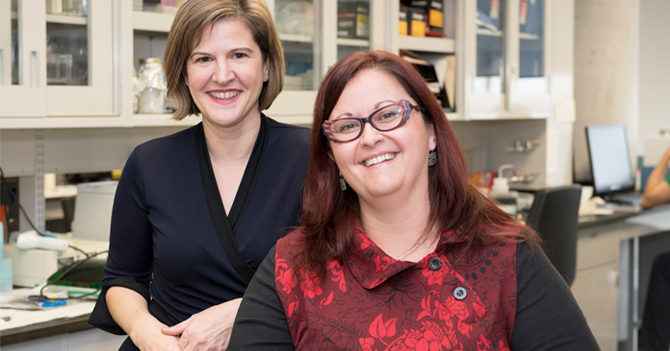 CHUM Research Centre researchers Marie-Josée Hébert and Mélanie Dieudé were chosen “Personalities of the Year in the Science Sector” by the newspaper La Presse.
The daily devoted an article to them on December 31, 2017, after having previously named them “La Presse’s Personalities of the Week” on April 16, 2017.
They earned this honour for a discovery they made that could potentially revolutionize organ transplants, and for which they were awarded the CRCHUM’s Research Award of Excellence in the “2016 scientific contribution of the year” category. Read more
CHUM Research Centre researchers Marie-Josée Hébert and Mélanie Dieudé were chosen “Personalities of the Year in the Science Sector” by the newspaper La Presse.
The daily devoted an article to them on December 31, 2017, after having previously named them “La Presse’s Personalities of the Week” on April 16, 2017.
They earned this honour for a discovery they made that could potentially revolutionize organ transplants, and for which they were awarded the CRCHUM’s Research Award of Excellence in the “2016 scientific contribution of the year” category. Read more 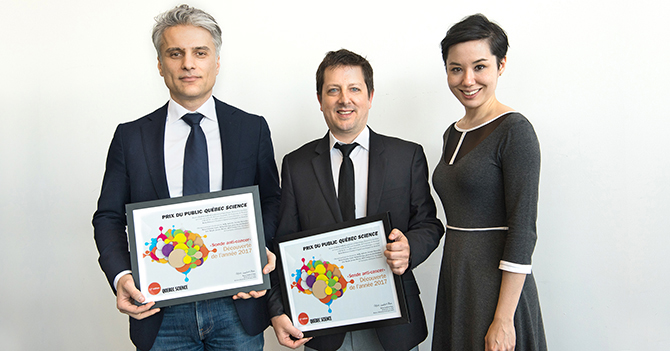 The magazine Québec Science has kept up a tradition for twenty-five years: every fall, a jury of researchers and journalists chooses the 10 most impressive discoveries of the previous year and the public is then invited to vote for their choice. This year, the anti-cancer probe was chosen by readers, garnering nearly a third of the 4,400 votes recorded as part of the 2017 Discoveries of the Year competition. Read more
The magazine Québec Science has kept up a tradition for twenty-five years: every fall, a jury of researchers and journalists chooses the 10 most impressive discoveries of the previous year and the public is then invited to vote for their choice. This year, the anti-cancer probe was chosen by readers, garnering nearly a third of the 4,400 votes recorded as part of the 2017 Discoveries of the Year competition. Read more 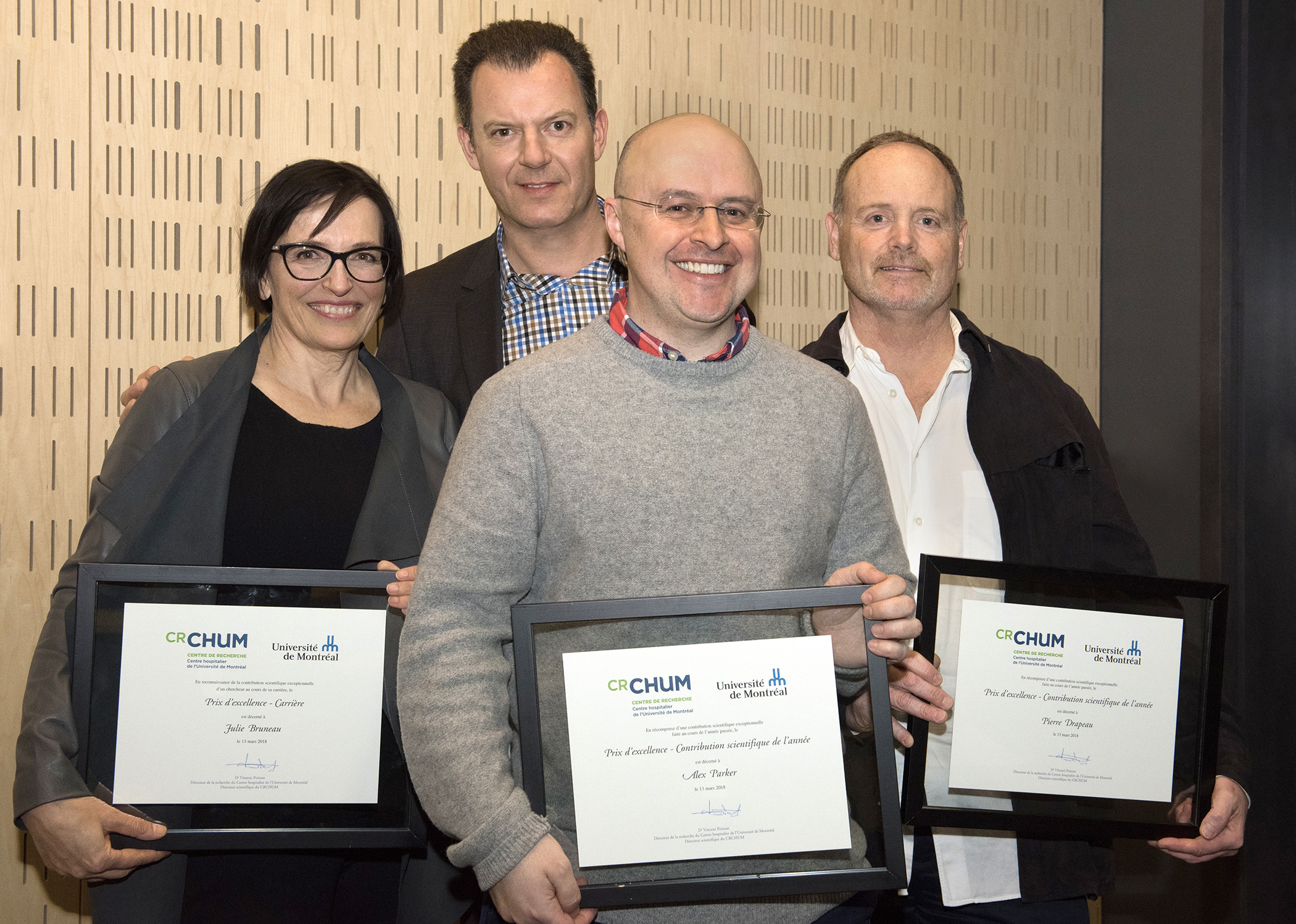 The University of Montreal Hospital Research Centre (CRCHUM) has announced the recipients of the 2017 Awards of Excellence. These awards recognize the exceptional performance of CHUM researchers in health research. “I am proud to present these awards to our winners of 2017, leaders in the fields at the international level. The results of their work are proof that research is essential in generating knowledge and practical benefits for patients and the public,” stated Vincent Poitout, Director of Research at the CHUM and Scientific Director of the CRCHUM. Discover the winners
The University of Montreal Hospital Research Centre (CRCHUM) has announced the recipients of the 2017 Awards of Excellence. These awards recognize the exceptional performance of CHUM researchers in health research. “I am proud to present these awards to our winners of 2017, leaders in the fields at the international level. The results of their work are proof that research is essential in generating knowledge and practical benefits for patients and the public,” stated Vincent Poitout, Director of Research at the CHUM and Scientific Director of the CRCHUM. Discover the winners 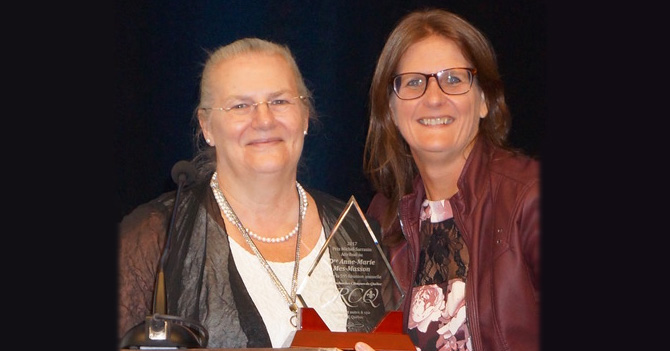 Anne-Marie Mes-Masson, a researcher, the head of the cancer research theme of the University of Montreal Hospital Research Centre (CRCHUM) and the scientific director of the Institut du cancer de Montréal, has been chosen to receive the 2017 Michel Sarrazin Award. Every year since 1977, the Club de Recherches cliniques du Québec (CRCQ) presents this award to an experienced Quebec scientist, in recognition of their outstanding contribution to the advancement of biomedical research. Read more
Anne-Marie Mes-Masson, a researcher, the head of the cancer research theme of the University of Montreal Hospital Research Centre (CRCHUM) and the scientific director of the Institut du cancer de Montréal, has been chosen to receive the 2017 Michel Sarrazin Award. Every year since 1977, the Club de Recherches cliniques du Québec (CRCQ) presents this award to an experienced Quebec scientist, in recognition of their outstanding contribution to the advancement of biomedical research. Read more 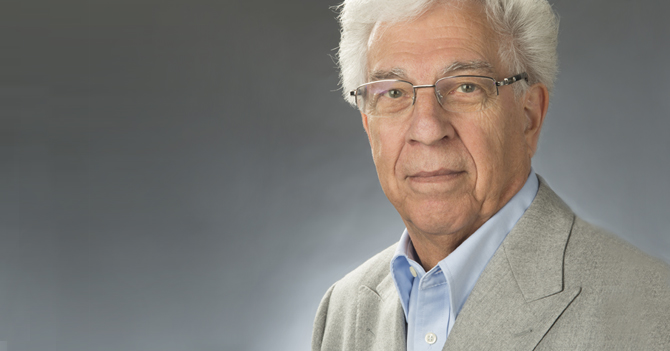 The endocrinologist and researcher Jean-Louis Chiasson was chosen to receive the 2017 Diabetes Canada Lifetime Achievement Award from the organization Diabetes Canada. This award is given to a Canadian doctor or researcher who has been a leader in diabetes research. Read more
The endocrinologist and researcher Jean-Louis Chiasson was chosen to receive the 2017 Diabetes Canada Lifetime Achievement Award from the organization Diabetes Canada. This award is given to a Canadian doctor or researcher who has been a leader in diabetes research. Read more 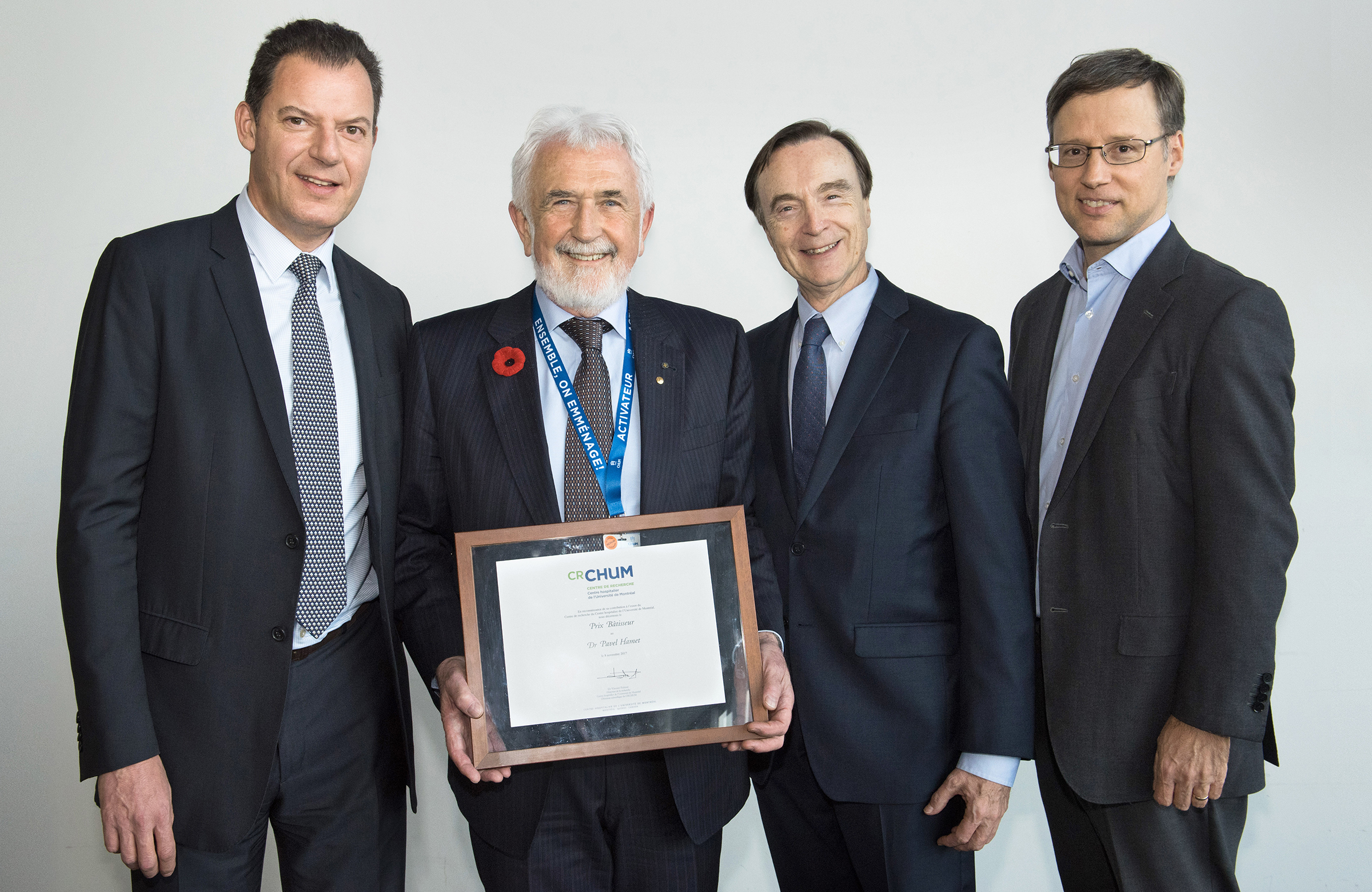 The management team of the University of Montreal Hospital Research Centre (CRCHUM) is proud to present the Bâtisseur award to doctor and researcher emeritus Dr. Pavel Hamet, who founded and directed the Research Centre from 1996 to 2006. This prestigious award was given to him during an official ceremony on November 8, 2017. “Dr. Pavel Hamet laid the foundation for our Research Centre. Without his determination and courage, the CRCHUM today would not be a world-class centre in the field of health. He has also made his mark through research into diabetes, high blood pressure and precision medicine. For all his outstanding contributions, I am honoured to present him with the Bâtisseur award,” stated Vincent Poitout, Director of the CRHCUM and Director of Research at the CHUM. Read more
The management team of the University of Montreal Hospital Research Centre (CRCHUM) is proud to present the Bâtisseur award to doctor and researcher emeritus Dr. Pavel Hamet, who founded and directed the Research Centre from 1996 to 2006. This prestigious award was given to him during an official ceremony on November 8, 2017. “Dr. Pavel Hamet laid the foundation for our Research Centre. Without his determination and courage, the CRCHUM today would not be a world-class centre in the field of health. He has also made his mark through research into diabetes, high blood pressure and precision medicine. For all his outstanding contributions, I am honoured to present him with the Bâtisseur award,” stated Vincent Poitout, Director of the CRHCUM and Director of Research at the CHUM. Read more 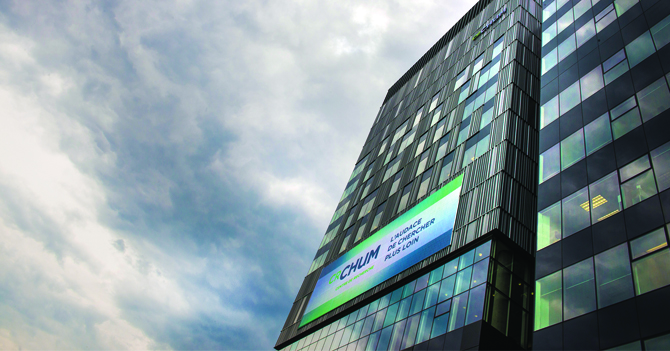 In the Canadian Institutes of Health Research (CIHR) Project Grant Competitions of fall 2017 and spring 2018, CRCHUM researchers performed very well, obtaining a total of $13.3M in grants. Among them are three researchers who were ranked first by their evaluation committee, proof of the outstanding quality of their projects.
Here is the list of recipients:
In the Canadian Institutes of Health Research (CIHR) Project Grant Competitions of fall 2017 and spring 2018, CRCHUM researchers performed very well, obtaining a total of $13.3M in grants. Among them are three researchers who were ranked first by their evaluation committee, proof of the outstanding quality of their projects.
Here is the list of recipients:
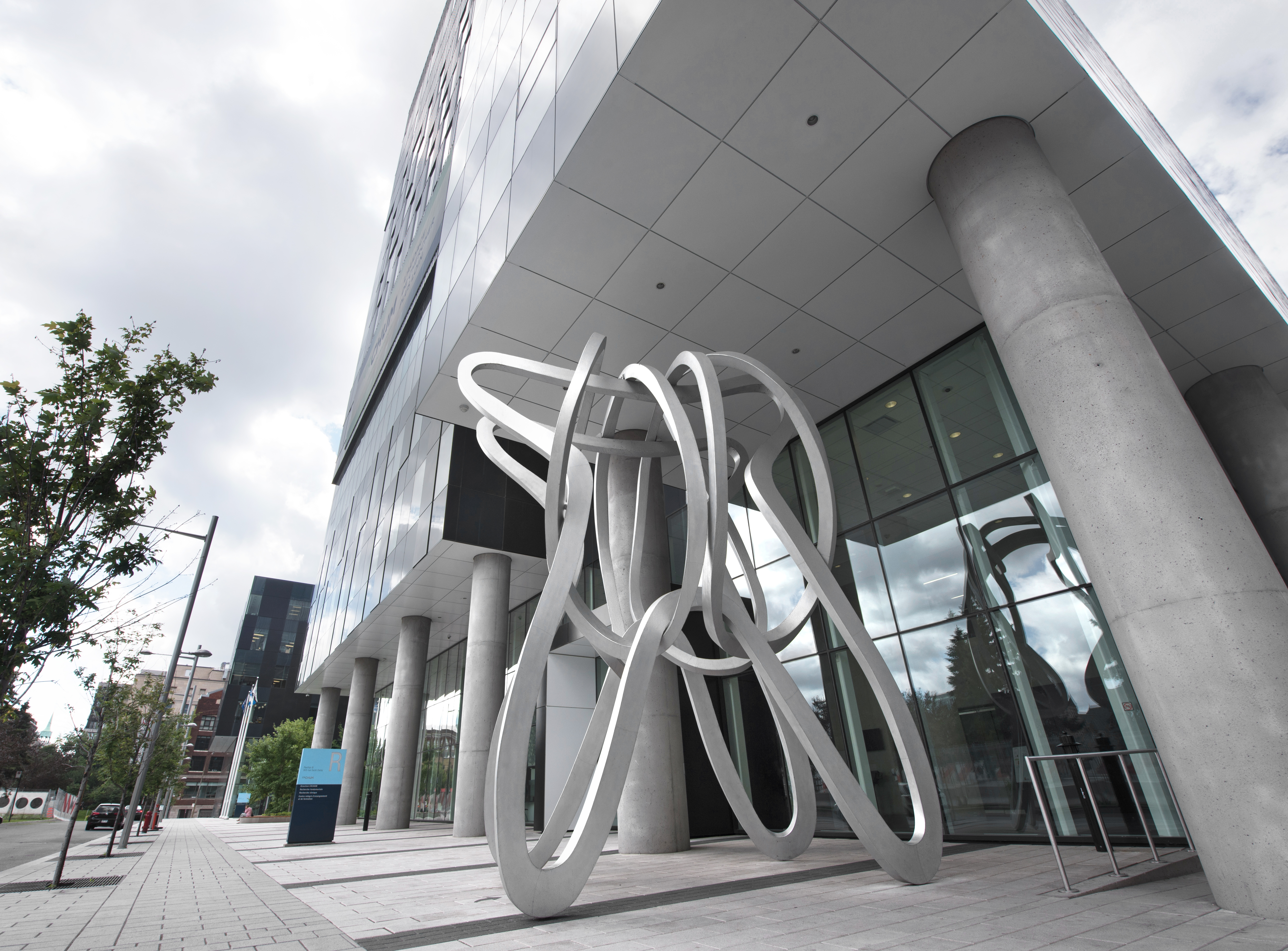 The CHUM’s research management team is proud to announce that seven of our researchers have received a Fonds de recherche du Québec ‒ Santé (FRQS) salary award for 2017-2018. The new recipients are Nathalie Auger, Moishe Lieberman, Valérie Martel-Laferrière, Aude Motulsky, Alex Parker, Marie-Pierre Sylvestre and An Tang. Read more
The CHUM’s research management team is proud to announce that seven of our researchers have received a Fonds de recherche du Québec ‒ Santé (FRQS) salary award for 2017-2018. The new recipients are Nathalie Auger, Moishe Lieberman, Valérie Martel-Laferrière, Aude Motulsky, Alex Parker, Marie-Pierre Sylvestre and An Tang. Read more  The Government of Canada has announced an investment of $7.5M in the Canadian Research Initiative in Substance Misuse (CRISM) network. This grant from the Canadian Institutes of Health Research will fund research on preventing opioid overdoses and treating opioid addiction.
A quarter of this grant will be allocated to the Quebec/Maritime node, headed by Dr. Julie Bruneau, a doctor and CRCHUM researcher. Read more
The Government of Canada has announced an investment of $7.5M in the Canadian Research Initiative in Substance Misuse (CRISM) network. This grant from the Canadian Institutes of Health Research will fund research on preventing opioid overdoses and treating opioid addiction.
A quarter of this grant will be allocated to the Quebec/Maritime node, headed by Dr. Julie Bruneau, a doctor and CRCHUM researcher. Read more 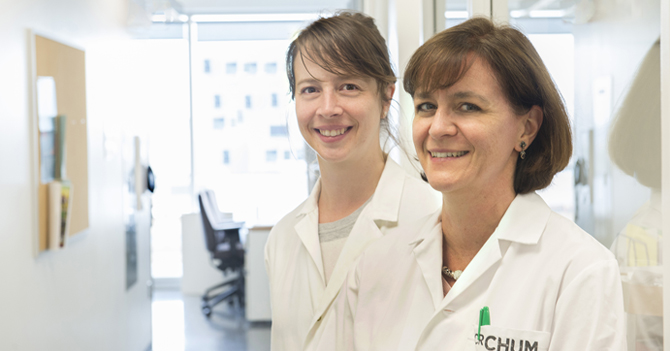 The Merck EMD Serono Group has awarded a $530,000 grant to Catherine Larochelle and Nathalie Arbour, of the University of Montreal Hospital Research Centre (CRCHUM) and the Université de Montréal, to carry out a research project on multiple sclerosis. The announcement was made on October 26th in Paris during the international ECTRIMS (European Committee for Treatment and Research in Multiple Sclerosis) congress. This year, the Grant for Multiple Sclerosis Innovation (GMSI) program is funding three projects for a total value of $1.5M. Read more
The Merck EMD Serono Group has awarded a $530,000 grant to Catherine Larochelle and Nathalie Arbour, of the University of Montreal Hospital Research Centre (CRCHUM) and the Université de Montréal, to carry out a research project on multiple sclerosis. The announcement was made on October 26th in Paris during the international ECTRIMS (European Committee for Treatment and Research in Multiple Sclerosis) congress. This year, the Grant for Multiple Sclerosis Innovation (GMSI) program is funding three projects for a total value of $1.5M. Read more 
Saima Hassan
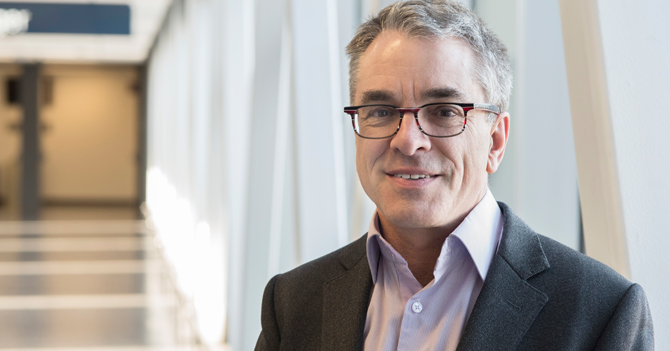 Jean-Louis Denis, a professor at the Université de Montréal’s School of Public Health and a researcher at the University of Montreal Hospital Research Centre (CRCHUM), has received the Canada Research Chair on Health System Design and Adaptation. Read more
Jean-Louis Denis, a professor at the Université de Montréal’s School of Public Health and a researcher at the University of Montreal Hospital Research Centre (CRCHUM), has received the Canada Research Chair on Health System Design and Adaptation. Read more 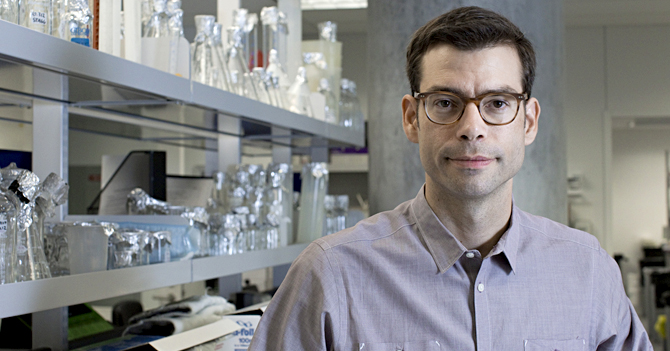 Dr. Simon Turcotte was appointed Roger-Des-Groseillers Chair in Hepatobiliary and Pancreatic Surgical Oncology at the Université de Montréal. He succeeds Dr. Réal Lapointe, Chief of Hepatobiliary and Pancreatic Surgery at the CHUM, who successfully fulfilled this role for the last ten years. Turcotte’s main project as Chair is to discover what prevents the immune system from recognizing hepatobiliary and pancreatic cancers in order to develop new immunotherapies for patients with these cancers. Thanks to a bank of biological samples developed since 2010, the Chair also supports the projects of many researchers at the CHUM and elsewhere in Quebec and Canada. Read more
Dr. Simon Turcotte was appointed Roger-Des-Groseillers Chair in Hepatobiliary and Pancreatic Surgical Oncology at the Université de Montréal. He succeeds Dr. Réal Lapointe, Chief of Hepatobiliary and Pancreatic Surgery at the CHUM, who successfully fulfilled this role for the last ten years. Turcotte’s main project as Chair is to discover what prevents the immune system from recognizing hepatobiliary and pancreatic cancers in order to develop new immunotherapies for patients with these cancers. Thanks to a bank of biological samples developed since 2010, the Chair also supports the projects of many researchers at the CHUM and elsewhere in Quebec and Canada. Read more 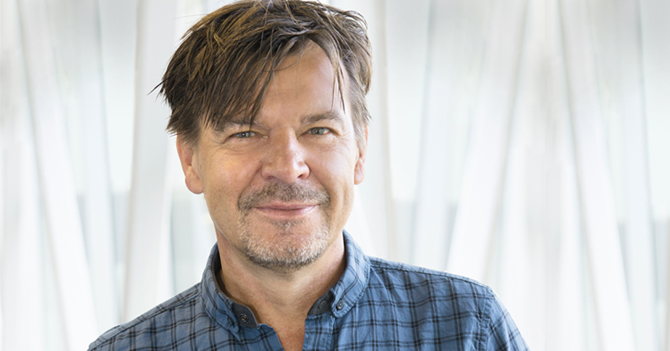 Janusz Kaczorowski, a researcher at the University of Montreal Hospital Research Centre, a full professor at the Université de Montréal and Director of Research of the Université de Montréal’s Department of Family and Emergency Medicine, has become the new Chair in Hypertension Prevention and Control. Read more
Janusz Kaczorowski, a researcher at the University of Montreal Hospital Research Centre, a full professor at the Université de Montréal and Director of Research of the Université de Montréal’s Department of Family and Emergency Medicine, has become the new Chair in Hypertension Prevention and Control. Read more  The École de technologie supérieure (ÉTS) recognized the renewal of the Canada Research Chair in 3D Imaging and Biomedical Engineering held by Jacques de Guise, a researcher and the Head of the Imaging and Engineering Research Theme, during a ceremony on January 16th.
Incredibly, this is the second time the Chair has been renewed for this researcher, who developed the low-dose EOS X-ray imaging system as well as the KneeKG 3D knee analysis tool.
The École de technologie supérieure (ÉTS) recognized the renewal of the Canada Research Chair in 3D Imaging and Biomedical Engineering held by Jacques de Guise, a researcher and the Head of the Imaging and Engineering Research Theme, during a ceremony on January 16th.
Incredibly, this is the second time the Chair has been renewed for this researcher, who developed the low-dose EOS X-ray imaging system as well as the KneeKG 3D knee analysis tool.  Shalini Lal, a researcher at the University of Montreal Hospital Research Centre (CRCHUM) and an assistant professor at the Université de Montréal’s School of Rehabilitation, has become the Canada Research Chair in Innovation and Technologies for Youth Mental Health Services. Read more
Shalini Lal, a researcher at the University of Montreal Hospital Research Centre (CRCHUM) and an assistant professor at the Université de Montréal’s School of Rehabilitation, has become the Canada Research Chair in Innovation and Technologies for Youth Mental Health Services. Read more La relève vers l’excellence anglais
- Daring to succeed
- A Canadian first: Jonathan Richard receives a fellowship from amfAR for HIV/AIDS research
- Audrey Labarre receives a grant from ALS Canada
- Student congress: a resounding success!
- Kudos to Andrée-Anne Grosset
- Successful Open House day for undergraduate and graduate students
- Prestigious conferences
- $15,000 for a support for student success project
- Maxime Veillette wins the award for the best thesis in the health category at the Université de Montréal
Every year, the CRCHUM welcomes more than 430 medical research graduate students, in addition to some 300 research trainees. Our linkage with the Université de Montréal, Québec’s leading teaching and research hub, has resulted in a concentration of talents. The research centre offers a training environment that fosters quality learning and produces a promising, engaged new generation of researchers dedicated to research excellence. The basic, clinical and population health research laboratories, in addition to an integrated teaching and training centre, allow students to gain expertise in leading-edge fields, alongside renowned researchers.


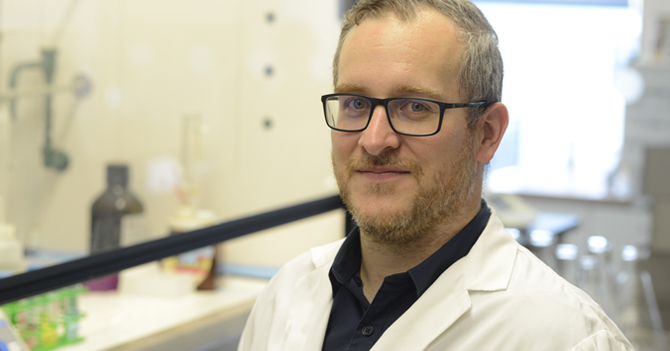 Jonathan Richard, a postdoctoral researcher at the University of Montreal Hospital Research Centre (CRCHUM) became the first recipient affiliated with a Canadian institution to receive the prestigious Mathilde Krim Fellowship in Basic Biomedical Research from the American organization amfAR, the Foundation for AIDS research.Read more
Jonathan Richard, a postdoctoral researcher at the University of Montreal Hospital Research Centre (CRCHUM) became the first recipient affiliated with a Canadian institution to receive the prestigious Mathilde Krim Fellowship in Basic Biomedical Research from the American organization amfAR, the Foundation for AIDS research.Read more 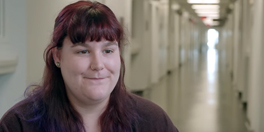 A doctoral student in Alex Parker’s laboratory, Audrey Labarre is one of three recipients of a $75,000 doctoral grant awarded by ALS Canada in partnership with the Brain Canada Foundation. The organization has funded 12 projects, including three doctoral grants. Labarre’s project: Do probiotics that improve ALS in nematodes also work in mice?
A doctoral student in Alex Parker’s laboratory, Audrey Labarre is one of three recipients of a $75,000 doctoral grant awarded by ALS Canada in partnership with the Brain Canada Foundation. The organization has funded 12 projects, including three doctoral grants. Labarre’s project: Do probiotics that improve ALS in nematodes also work in mice? 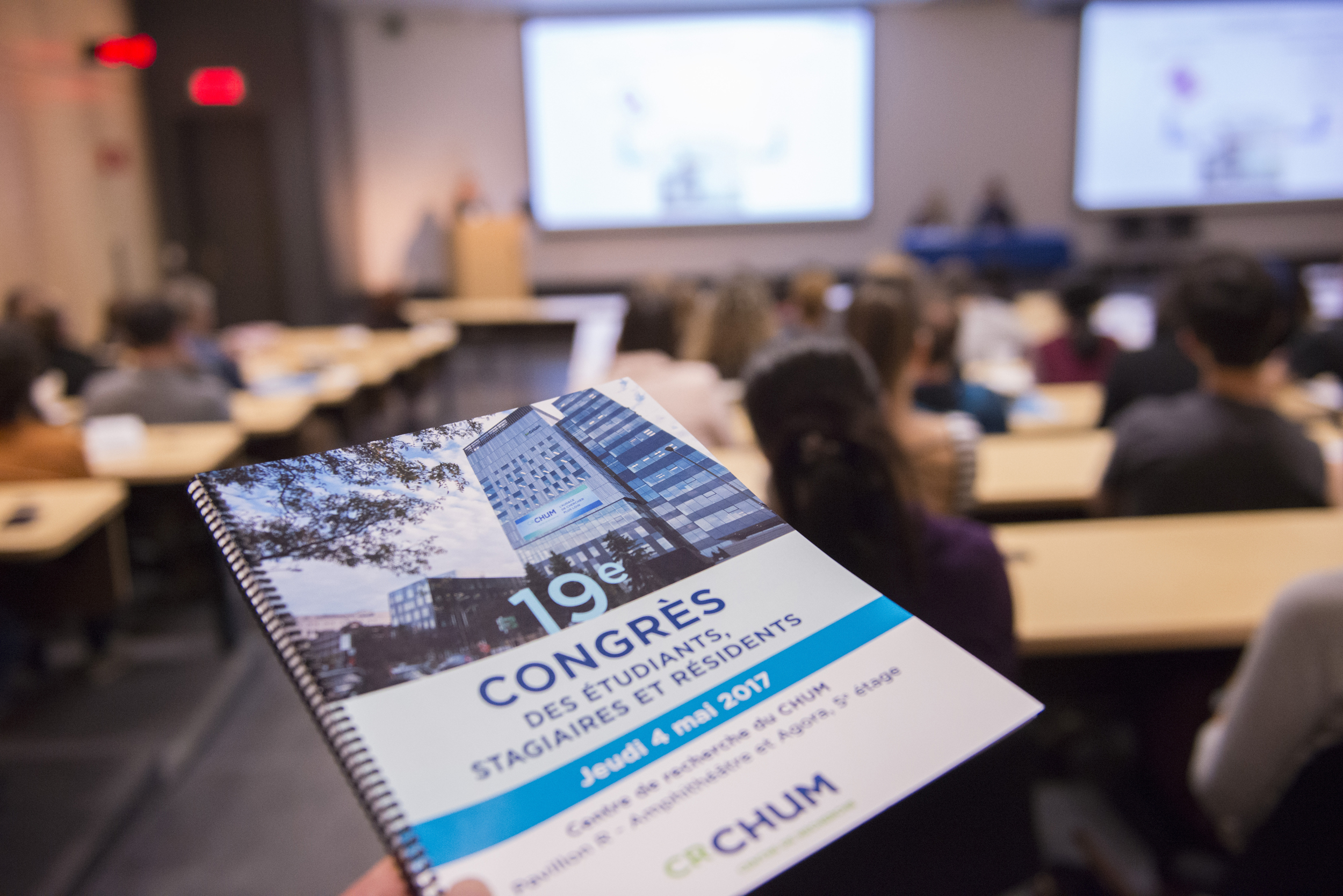 More than 250 people took part in the 19th Student, Trainee and Resident Congress held at the CHUM Research Centre on May 4th. Once again, this year’s edition of the knowledge-sharing event was a huge success. Invited as prestigious speaker, Professor Sylvain Willliams of the Douglas Mental Health University Institute Research Centre, spoke about his research into sleep and memory and some 126 students presented their work.
More than 250 people took part in the 19th Student, Trainee and Resident Congress held at the CHUM Research Centre on May 4th. Once again, this year’s edition of the knowledge-sharing event was a huge success. Invited as prestigious speaker, Professor Sylvain Willliams of the Douglas Mental Health University Institute Research Centre, spoke about his research into sleep and memory and some 126 students presented their work. 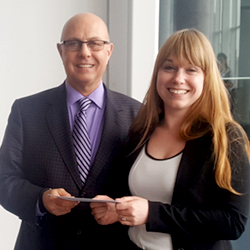 A postdoctoral trainee under the direction of Dominique Trudel and Frédéric Leblond, Andrée-Anne Grosset received an award of excellence for her oral presentation during Scientific Day, organized by the Université de Montréal’s Department of Pathology and Cellular Biology and held at the CRCHUM on March 28th.
A postdoctoral trainee under the direction of Dominique Trudel and Frédéric Leblond, Andrée-Anne Grosset received an award of excellence for her oral presentation during Scientific Day, organized by the Université de Montréal’s Department of Pathology and Cellular Biology and held at the CRCHUM on March 28th. 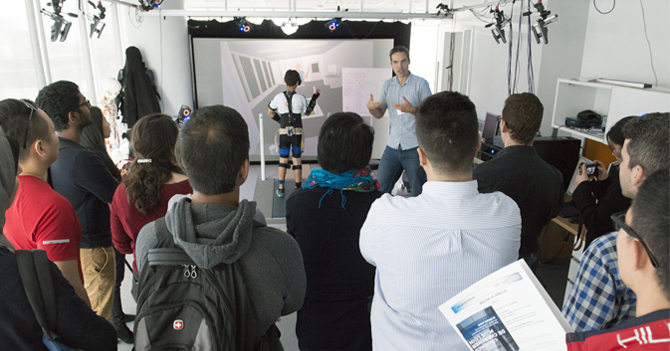 The first edition of Open House, whose goal is to recruit students to the University of Montreal Hospital Research Centre (CRCHUM) met with huge success last Saturday. No fewer than 115 people came to visit our facilities and meet with some 80 researchers, students, members of the student committee, members of the vice-directorate of student affairs and other staff members.
Read More
The first edition of Open House, whose goal is to recruit students to the University of Montreal Hospital Research Centre (CRCHUM) met with huge success last Saturday. No fewer than 115 people came to visit our facilities and meet with some 80 researchers, students, members of the student committee, members of the vice-directorate of student affairs and other staff members.
Read More 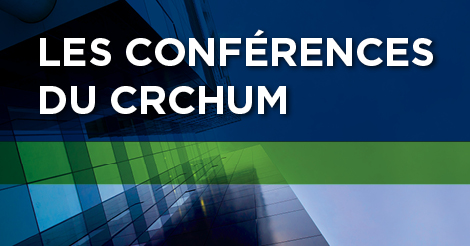 The CHUM Research Centre organizes scientific talks every Friday at noon featuring world-renowned experts – events that our future researchers won’t want to miss. These speakers present the latest advances in different areas of biomedical research and health care. Between April 2017 and March 2018, 33 scientists from here and abroad gave presentations for the CRCHUM Conferences.
The CHUM Research Centre organizes scientific talks every Friday at noon featuring world-renowned experts – events that our future researchers won’t want to miss. These speakers present the latest advances in different areas of biomedical research and health care. Between April 2017 and March 2018, 33 scientists from here and abroad gave presentations for the CRCHUM Conferences. 
| A team of students from the CRCHUM headed by Ju Jing Tan and Déborah Beillevaire received $15,000 in financial support from the Université de Montréal’s Programme d'appui aux initiatives de soutien à la réussite. This funding will help develop a project to provide training in the use of scientific tools, mainly software, for students. This knowledge-transfer project will train future researchers in the best practices and scientific tools available. The first training sessions will begin in September. |
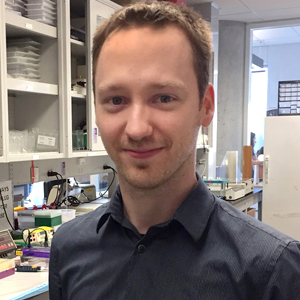 A student in the laboratory of Andrés Finzi, Maxime Veillette won the award for the Best Thesis – Health Science category from the Université de Montréal’s Faculty of Graduate and Postdoctoral Studies. This award was presented to him during an official ceremony on October 12th. His thesis title is “Rôle de la conformation des glycoprotéines de l’enveloppe du VIH-1 dans la réponse cytotoxique cellulaire dépendante des anticorps et impact des protéines virales Nef et Vpu” (role of the conformation of hiv-1 envelope glycoproteins in the antibody-dependent cellular cytotoxicity response and impact of viral proteins Nef and Vpu).
A student in the laboratory of Andrés Finzi, Maxime Veillette won the award for the Best Thesis – Health Science category from the Université de Montréal’s Faculty of Graduate and Postdoctoral Studies. This award was presented to him during an official ceremony on October 12th. His thesis title is “Rôle de la conformation des glycoprotéines de l’enveloppe du VIH-1 dans la réponse cytotoxique cellulaire dépendante des anticorps et impact des protéines virales Nef et Vpu” (role of the conformation of hiv-1 envelope glycoproteins in the antibody-dependent cellular cytotoxicity response and impact of viral proteins Nef and Vpu). Technologies de pointe anglais
- The audacity to innovate
- The CRCHUM’s core facilities: daring to discover
- MéDIS
- Cytometry Core Facility: at the cutting edge with a new cytometer
- Radiochemistry and Cyclotron Core Facility
- The Transgenesis and Animal Modelling Core Facility: CRISPR-Cas9
The CRCHUM is home to more than a 18 state-of-the-art core facilities and services. Our specialized equipment and the unique expertise of our teams allow us to offer personalized support, meeting the specific research needs of CRCHUM researchers, as well as clients from academia and the industry.

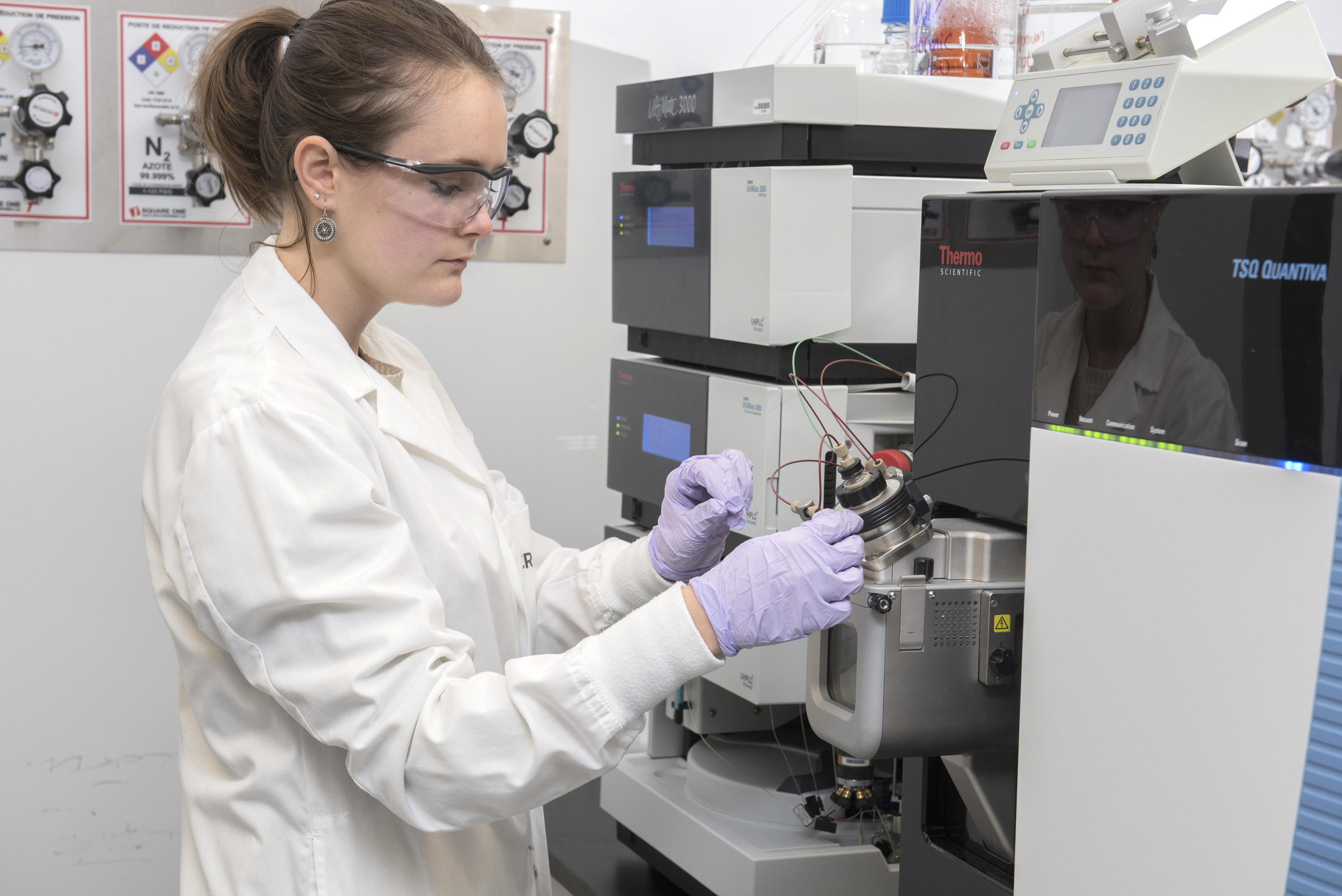 The Metabolic Disease Innovative Solutions (MéDIS) facility consists of five of the CHUM Research Centre’s core service facilities to facilitate and accelerate research projects in the field of metabolic diseases such as obesity, type 2 diabetes and non-alcoholic fatty liver disease.
The MéDIS plans, supervises and provides collaborative research and development (R&D) services specializing in metabolic diseases to industry partners with the help and expertise of CRCHUM researchers. In partnership with academia and industry, the MéDIS also develops new tools such as biomarkers, and provides assays and dosing recommendations for these diseases.
The MeDIS facility is in full development mode in 2018. A first major contract was signed and a second one will follow soon. Plans are in the works to extend this concept to other diseases and research areas.
The Metabolic Disease Innovative Solutions (MéDIS) facility consists of five of the CHUM Research Centre’s core service facilities to facilitate and accelerate research projects in the field of metabolic diseases such as obesity, type 2 diabetes and non-alcoholic fatty liver disease.
The MéDIS plans, supervises and provides collaborative research and development (R&D) services specializing in metabolic diseases to industry partners with the help and expertise of CRCHUM researchers. In partnership with academia and industry, the MéDIS also develops new tools such as biomarkers, and provides assays and dosing recommendations for these diseases.
The MeDIS facility is in full development mode in 2018. A first major contract was signed and a second one will follow soon. Plans are in the works to extend this concept to other diseases and research areas. 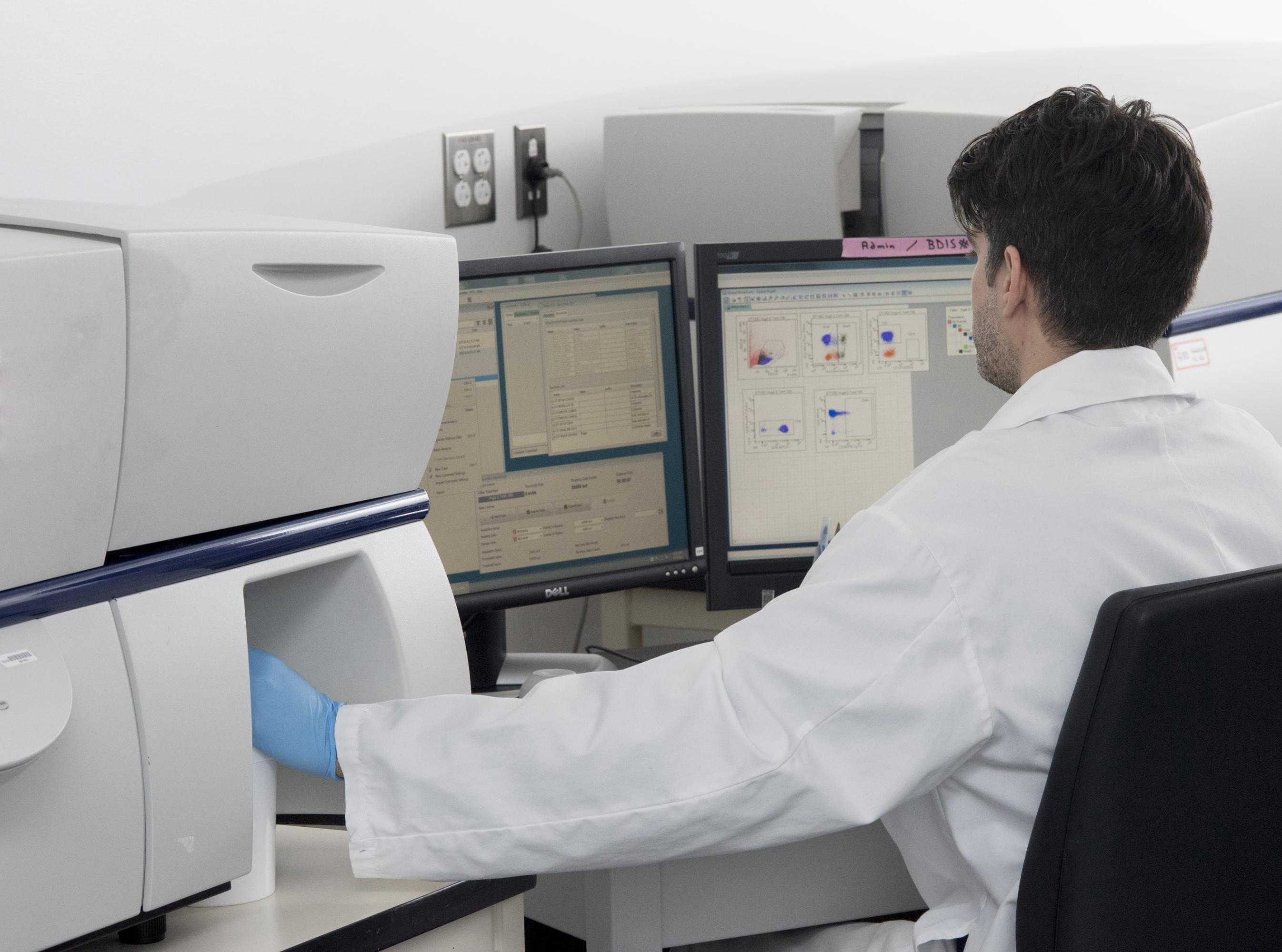 The CRCHUM Cytometry Core Facility is one of the few in Canada to offer a BSL3 (biosafety level 3) high-throughput cell sorting service, making it possible to use infected cells and carry out state-of-the-art studies in the areas of HIV and HVC. It offers a full range of services for multiparameter cell analysis.
The core facility recently purchased the high-performance BD LSRFortessaTM cell analyzer (5 lasers, 18 colours), which makes it possible to carry out exceptional multiparameter analyses and which contains a high-speed sampling module. Finally, the CRCHUM is currently in the process of purchasing a next-generation cell analyzer, the FACSymphonyTM made by the company BD (6 lasers, 29 colours).
The CRCHUM Cytometry Core Facility is one of the few in Canada to offer a BSL3 (biosafety level 3) high-throughput cell sorting service, making it possible to use infected cells and carry out state-of-the-art studies in the areas of HIV and HVC. It offers a full range of services for multiparameter cell analysis.
The core facility recently purchased the high-performance BD LSRFortessaTM cell analyzer (5 lasers, 18 colours), which makes it possible to carry out exceptional multiparameter analyses and which contains a high-speed sampling module. Finally, the CRCHUM is currently in the process of purchasing a next-generation cell analyzer, the FACSymphonyTM made by the company BD (6 lasers, 29 colours). 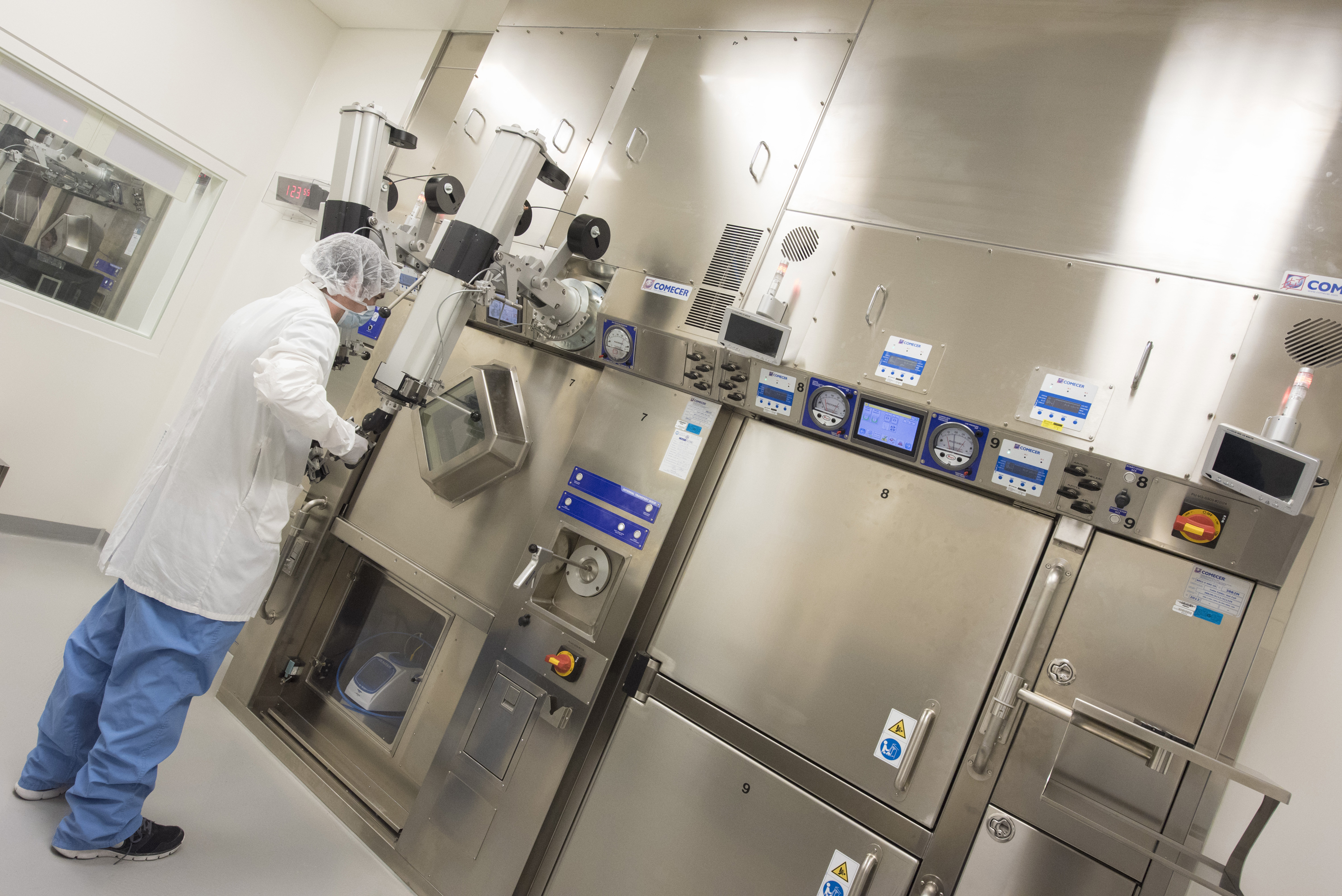 The CRCHUM’s Radiochemistry and Cyclotron Core Facility develops new radiotracers used in medical imaging and in research. Since the end of 2017, the core facility has had approval from Health Canada to use [13N]ammonia for a clinical trial of cardiac imaging. To date, more than 100 patients have participated in this important study.
The growing interest in PET imaging in Montreal in recent years has made the CRCHUM’s Radiochemistry and Cyclotron Core Facility a key component in the research and development of diagnostic and treatment tools for diseases such as cancers and cardiac and neurodegenerative diseases.
The CRCHUM’s Radiochemistry and Cyclotron Core Facility develops new radiotracers used in medical imaging and in research. Since the end of 2017, the core facility has had approval from Health Canada to use [13N]ammonia for a clinical trial of cardiac imaging. To date, more than 100 patients have participated in this important study.
The growing interest in PET imaging in Montreal in recent years has made the CRCHUM’s Radiochemistry and Cyclotron Core Facility a key component in the research and development of diagnostic and treatment tools for diseases such as cancers and cardiac and neurodegenerative diseases. 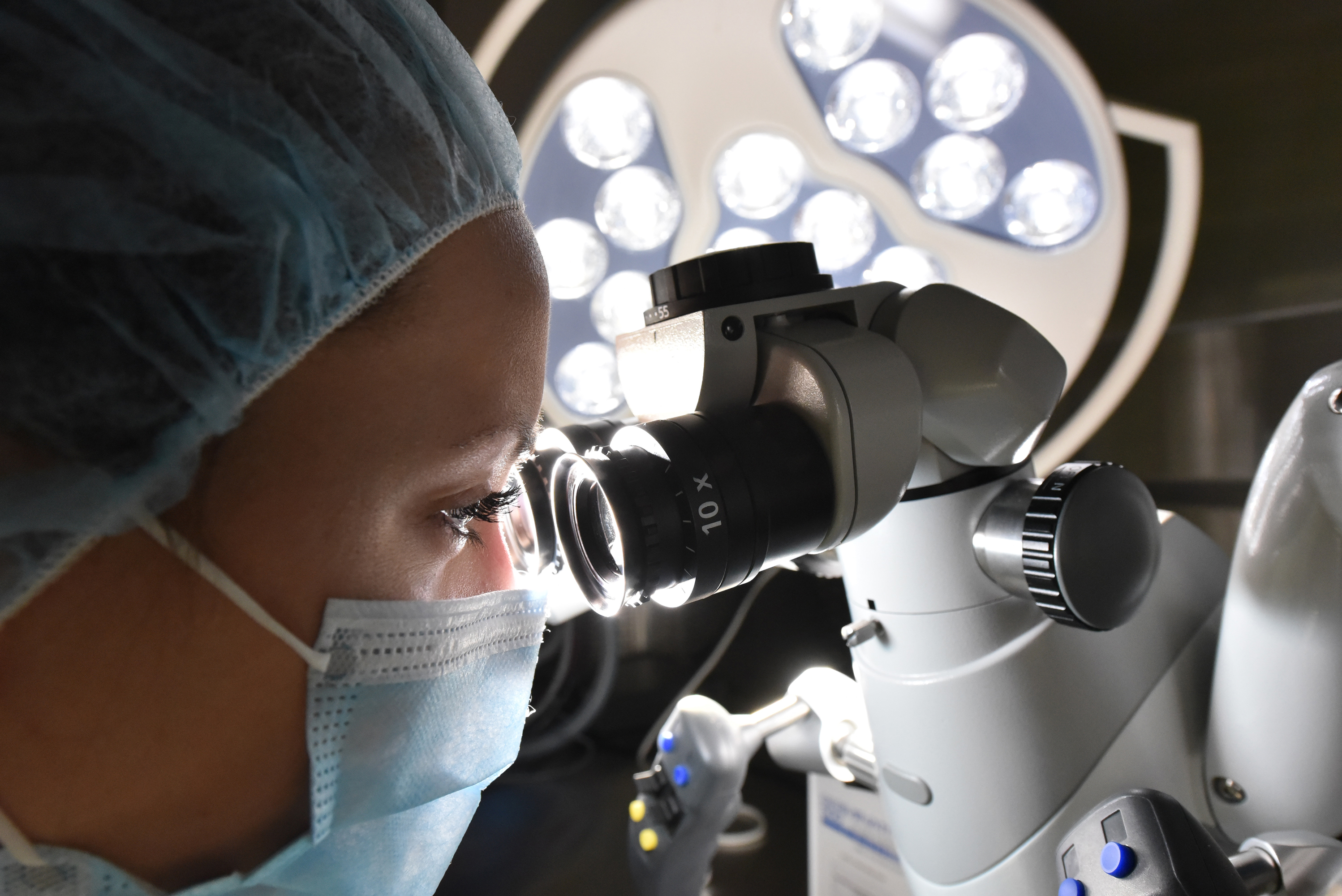 Thanks to an agreement signed at the end of 2016 with the Broad Institute (Boston, USA), the Transgenesis and Animal Modelling Core Facility has rights to use CRISPR-Cas9 to generate genetically modified mouse models. In 2017-18, the core facility was able to fine-tune and successfully develop the generation of four new mouse models for researchers (two conditional knockout models and two traditional knockout models).
CRISPR-Cas9 technology makes it possible to produce a wide variety of mouse models efficiently and more cheaply compared to the other techniques used. The models produced allow researchers to successfully complete projects in various fields and to maintain a high level of competitiveness at both the national and international levels.
Thanks to an agreement signed at the end of 2016 with the Broad Institute (Boston, USA), the Transgenesis and Animal Modelling Core Facility has rights to use CRISPR-Cas9 to generate genetically modified mouse models. In 2017-18, the core facility was able to fine-tune and successfully develop the generation of four new mouse models for researchers (two conditional knockout models and two traditional knockout models).
CRISPR-Cas9 technology makes it possible to produce a wide variety of mouse models efficiently and more cheaply compared to the other techniques used. The models produced allow researchers to successfully complete projects in various fields and to maintain a high level of competitiveness at both the national and international levels. - The audacity to strive for excellence
- Creation of the CHUM Medical Data Integration and Analysis Centre
- Interoperability of systems among institutions
- The members of the CRCHUM’s Scientific Committee
- The CRCHUM’s Patient - Citizen Partnership Committee
- Appointment of Anne-Marie Mes-Masson to the CRCHUM’s management team
- Réjean Lapointe: Head of the Cancer Research Theme
- Thierry Alquier: Head of the Cardiometabolic Research Theme
- Nathalie Arbour: Head of the Neuroscience Research Theme
- New CRCHUM researchers
- The CRCHUM Challenge: more than $72,000 for health research
Daring to look beyond the horizon, seeking scientific knowledge and innovation and incorporating discoveries into medical practice: these are what drive those who work at the CRCHUM every day, whether they are researchers, students or research and support staff. For the benefit of our patients and with them, the CRCHUM and its research leaders pursue this mission for excellence with strength, energy and determination.

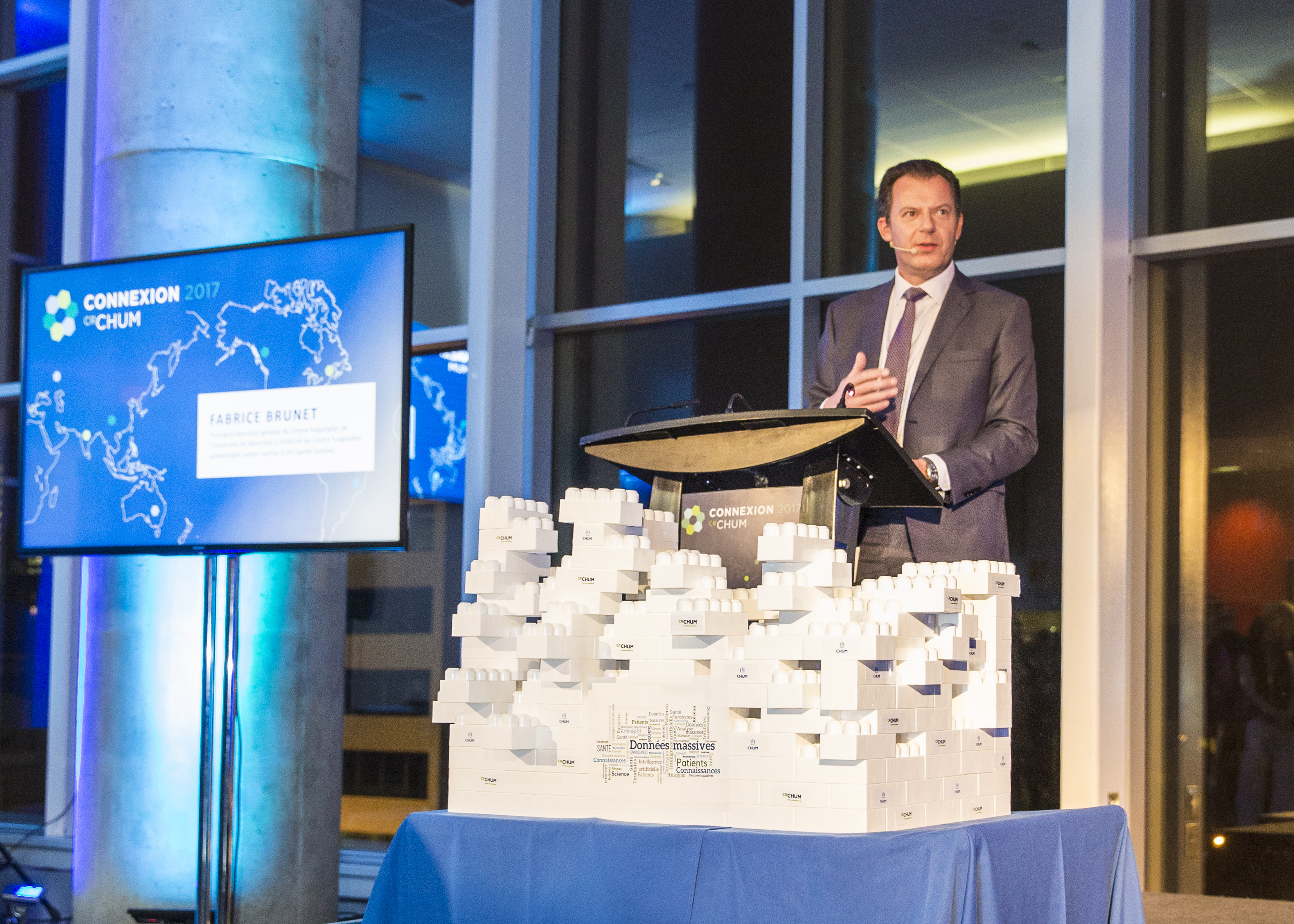 The creation of the CHUM Medical Data Integration and Analysis Centre is underway. With this data warehouse, it will be possible to make secondary use of health data with a view to continually improving health care, particularly by facilitating the development of translational, clinical and epidemiological research. It will also accelerate the implementation of new interventions for the community and will contribute to population health monitoring programs.
Developed in collaboration with several CRCHUM researchers, this project aims to bolster innovation in the health system, a priority identified by the Quebec Life Science Strategy. It will also position the CRCHUM at the forefront of health research through its use of big data. The data warehouse will aggregate data from over 200 information systems within the hospital and will organize the data so that it is useable, through the use of artificial intelligence tools, so that researchers can answer research questions and improve the health care offered and services rendered to our patients.
The creation of the CHUM Medical Data Integration and Analysis Centre is underway. With this data warehouse, it will be possible to make secondary use of health data with a view to continually improving health care, particularly by facilitating the development of translational, clinical and epidemiological research. It will also accelerate the implementation of new interventions for the community and will contribute to population health monitoring programs.
Developed in collaboration with several CRCHUM researchers, this project aims to bolster innovation in the health system, a priority identified by the Quebec Life Science Strategy. It will also position the CRCHUM at the forefront of health research through its use of big data. The data warehouse will aggregate data from over 200 information systems within the hospital and will organize the data so that it is useable, through the use of artificial intelligence tools, so that researchers can answer research questions and improve the health care offered and services rendered to our patients.  The Table Nationale des Directeurs de Recherche, led by the CRCHUM, is exploring the feasibility of connecting databases or warehouses among different institutions. This project is part of the Quebec Life Science Strategy for the improvement of clinical research procedures. An inventory of all the databases and biobanks available in Quebec’s health and university institutions will be drawn up. The feasibility of the project will be demonstrated through pilot projects.
The Table Nationale des Directeurs de Recherche, led by the CRCHUM, is exploring the feasibility of connecting databases or warehouses among different institutions. This project is part of the Quebec Life Science Strategy for the improvement of clinical research procedures. An inventory of all the databases and biobanks available in Quebec’s health and university institutions will be drawn up. The feasibility of the project will be demonstrated through pilot projects. 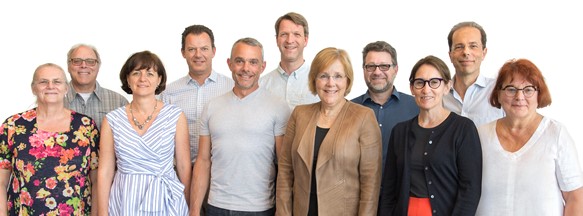 Anne-Marie Mes-Masson, Associate Scientific Director, Basic and Translational Research, Jacques de Guise, Head of the Imaging and Engineering Research Theme, Nathalie Arbour, Head of the Neuroscience Research Theme, Vincent Poitout, Research Director of the CHUM and Scientific Director of the CRCHUM, Thierry Alquier, Head of the Cardiometabolic Research Theme, Christian Stapf, Associate Scientific Director, Clinical Research, Lise Gauvin, Associate Scientific Director, Population Health and Head of the Health Innovation and Evaluation Hub, Réjean Lapointe, Head of the Cancer Research Theme, Carole Jabet, Associate Director of Operations for the CRCHUM, Daniel Kaufmann, Head of the Immunopathology Research Theme, Pierrette Gaudreau, Associate Scientific Director, Student Affairs,
Anne-Marie Mes-Masson, Associate Scientific Director, Basic and Translational Research, Jacques de Guise, Head of the Imaging and Engineering Research Theme, Nathalie Arbour, Head of the Neuroscience Research Theme, Vincent Poitout, Research Director of the CHUM and Scientific Director of the CRCHUM, Thierry Alquier, Head of the Cardiometabolic Research Theme, Christian Stapf, Associate Scientific Director, Clinical Research, Lise Gauvin, Associate Scientific Director, Population Health and Head of the Health Innovation and Evaluation Hub, Réjean Lapointe, Head of the Cancer Research Theme, Carole Jabet, Associate Director of Operations for the CRCHUM, Daniel Kaufmann, Head of the Immunopathology Research Theme, Pierrette Gaudreau, Associate Scientific Director, Student Affairs,
We would like to thank Michel Roger who has been replaced by Anne-Marie Mess Masson as Associate Scientific Director, Janusz Kaczorowski, Associate Head of the Health Innovation and Evaluation Hub, Johanne Tremblay, who has been replaced by Thierry Alquier as Head of the Cardiometabolic Research Theme, Alexandre Prat, Associate Scientific Director, Academic Development, who, as of the end of April, had not yet been replaced. However, Alain Rivard took over for him in this position on August 1, 2018. As for Réjean Lapointe, he has joined the Scientific Committee as Head of the Cancer Research Theme.
 A committee made up of patients, citizens and researchers has been created to guide the CRCHUM’s management team in the implementation of patient partner practises for the development of research programs. Bridges have been established between key leaders of the CHUM’s ecosystem to generate different research activities and strengthen patients’ and citizens’ contributions to research processes.
The CRCHUM recognizes the crucial importance of this partnership with people who have experience living with a disease or caring for a loved one with a disease.
This new committee was born of the emergence of the patient partner approach, the creation of the Centre of Excellence on Partnership with Patients and the Public (CEPPP), whose research component is located at the CRCHUM, as well as a strong institutional desire by the CRCHUM to encourage and implement partnership practises with patients, families and the public.
A committee made up of patients, citizens and researchers has been created to guide the CRCHUM’s management team in the implementation of patient partner practises for the development of research programs. Bridges have been established between key leaders of the CHUM’s ecosystem to generate different research activities and strengthen patients’ and citizens’ contributions to research processes.
The CRCHUM recognizes the crucial importance of this partnership with people who have experience living with a disease or caring for a loved one with a disease.
This new committee was born of the emergence of the patient partner approach, the creation of the Centre of Excellence on Partnership with Patients and the Public (CEPPP), whose research component is located at the CRCHUM, as well as a strong institutional desire by the CRCHUM to encourage and implement partnership practises with patients, families and the public.  A leading cancer researcher, Anne-Marie Mes-Masson was appointed Associate Scientific Director for Basic and Translational Research on December 1, 2017, succeeding Dr. Michel Roger. Mes-Masson is working in collaboration with other members of management to establish the CRCHUM’s scientific development plan in order to support research projects and the development of infrastructure, as well as the recruitment and career development of our researchers, with the mission of achieving excellence in basic and translational research.
A leading cancer researcher, Anne-Marie Mes-Masson was appointed Associate Scientific Director for Basic and Translational Research on December 1, 2017, succeeding Dr. Michel Roger. Mes-Masson is working in collaboration with other members of management to establish the CRCHUM’s scientific development plan in order to support research projects and the development of infrastructure, as well as the recruitment and career development of our researchers, with the mission of achieving excellence in basic and translational research. 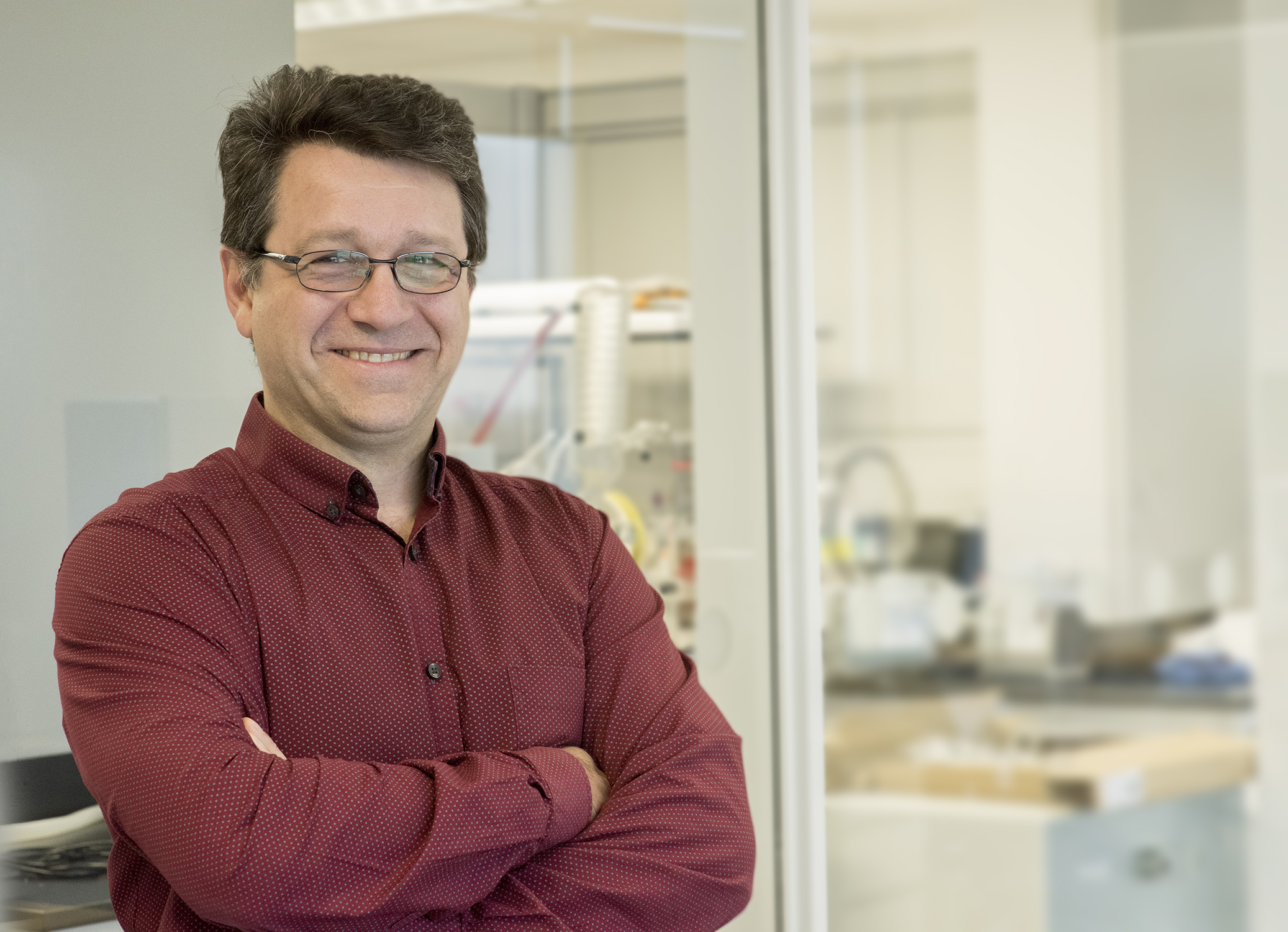 Known for his translational research work in immuno-oncology and immunotherapy, Réjean Lapointe, a regular researcher at the CRCHUM since 2002, became the head of the Cancer Research Theme on April 1, 2018. He succeeded Anne-Marie Mes-Masson, who had done outstanding work establishing, directing and developing the Cancer Research Theme since the early days of the CRCHUM.
Known for his translational research work in immuno-oncology and immunotherapy, Réjean Lapointe, a regular researcher at the CRCHUM since 2002, became the head of the Cancer Research Theme on April 1, 2018. He succeeded Anne-Marie Mes-Masson, who had done outstanding work establishing, directing and developing the Cancer Research Theme since the early days of the CRCHUM. 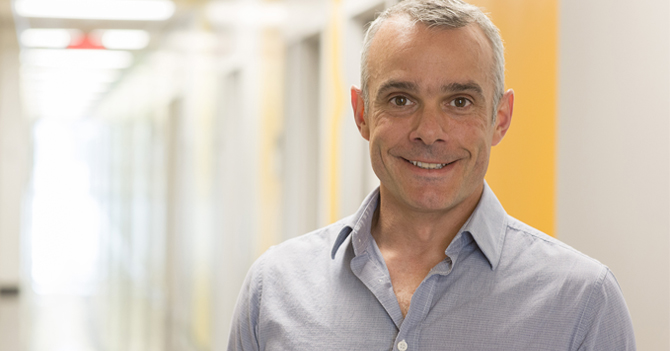 Known for his research work on diabetes and obesity and for his many commitments at the CRCHUM, regular researcher Thierry Alquier became the head of the Cardiometabolic Research Theme on October 15, 2017. He succeeds Johanne Tremblay, who successfully directed and developed the Cardiometabolic Research Theme in recent years, especially with her contributions to the development of collaborations between basic and clinical research into diabetes and obesity and our partners at the CHUM and the Université de Montréal.
Known for his research work on diabetes and obesity and for his many commitments at the CRCHUM, regular researcher Thierry Alquier became the head of the Cardiometabolic Research Theme on October 15, 2017. He succeeds Johanne Tremblay, who successfully directed and developed the Cardiometabolic Research Theme in recent years, especially with her contributions to the development of collaborations between basic and clinical research into diabetes and obesity and our partners at the CHUM and the Université de Montréal. 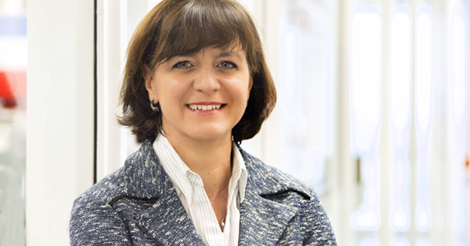 Last April, Nathalie Arbour (Ph. D.), known for her research in the area of multiple sclerosis, became the Head of the Neuroscience Research theme. She succeeds Dr. Alexandre Prat in coordinating the Neuroscience Research Theme, which consists of more than 70 researchers and clinicians. With our partners at the CHUM and the Université de Montréal, the Neuroscience Research Theme will continue to play a leadership role in research into neurological diseases, mental health and addiction.
Last April, Nathalie Arbour (Ph. D.), known for her research in the area of multiple sclerosis, became the Head of the Neuroscience Research theme. She succeeds Dr. Alexandre Prat in coordinating the Neuroscience Research Theme, which consists of more than 70 researchers and clinicians. With our partners at the CHUM and the Université de Montréal, the Neuroscience Research Theme will continue to play a leadership role in research into neurological diseases, mental health and addiction.
The Research Centre has over 540 world-class regular researchers and investigators.
We would like to take this opportunity to welcome the new researchers who joined the CRCHUM over the last year, as well as those whose status has changed.
We would like to take this opportunity to welcome the new researchers who joined the CRCHUM over the last year, as well as those whose status has changed.
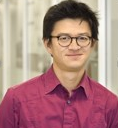
- François Yu
- Imaging and Engineering
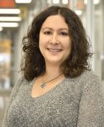
- Diana Matheoud
- Neuroscience
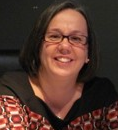
- Line Beaudet
- Innovation Hub
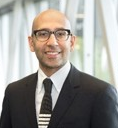
- Naeem Bhojani
- Innovation Hub
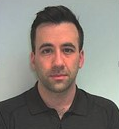
- Bruno-Pierre Dubé
- Innovation Hub

- Hugo Bouchard
- Imaging and Engineering
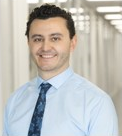
- Bertrand Routy
- Cancer
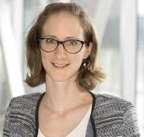
- Gabrielle Pagé
- Innovation Hub
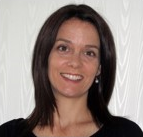
- Chantal Bémeur
- Immunopathology
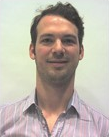
- Justin Côté-Daigneault
- Immunopathology

- Martine Tétreault
- Neuroscience
 Since 2010, the CHUM Research Centre, the Fondation du CHUM and the CHUM have put together teams of runners to take part in the CRCHUM Challenge to raise money for the advancement of health research at the CHUM. More than $72,000 was raised as a result of the 2017 event. A grand total of $677,000 has been raised from the first year of the event through 2017.
Since 2010, the CHUM Research Centre, the Fondation du CHUM and the CHUM have put together teams of runners to take part in the CRCHUM Challenge to raise money for the advancement of health research at the CHUM. More than $72,000 was raised as a result of the 2017 event. A grand total of $677,000 has been raised from the first year of the event through 2017. 